The Incinerator Initiative
Project brief
The majority of hospitals in limited resource settings lack facilities to safely dispose of harmful medical waste. Cost prohibitive incinerators lead hospitals to rely on inappropriate alternatives. Contaminated supplies and sharps are dumped on-site and on road sides, left accessible to animals and community, spreading infectious agents that can lead to Sepsis, Hepatitis and HIV transmission.
Location:
Pilot Project test in rural hospitals in Bangladesh, proof of concept, evaluation and scalability in two Upazilla hospitals.
Project name / video name
Project Image Gallery
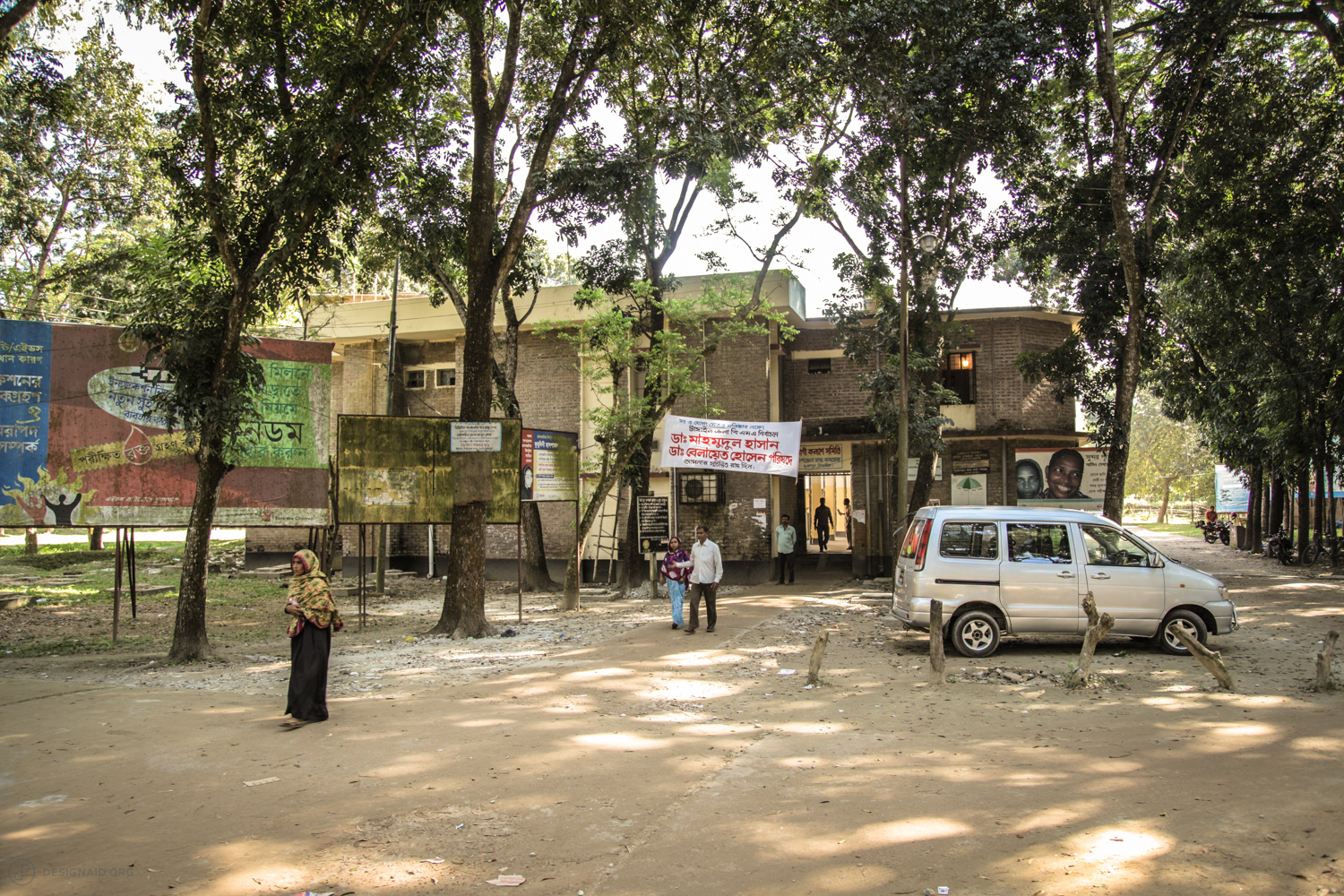
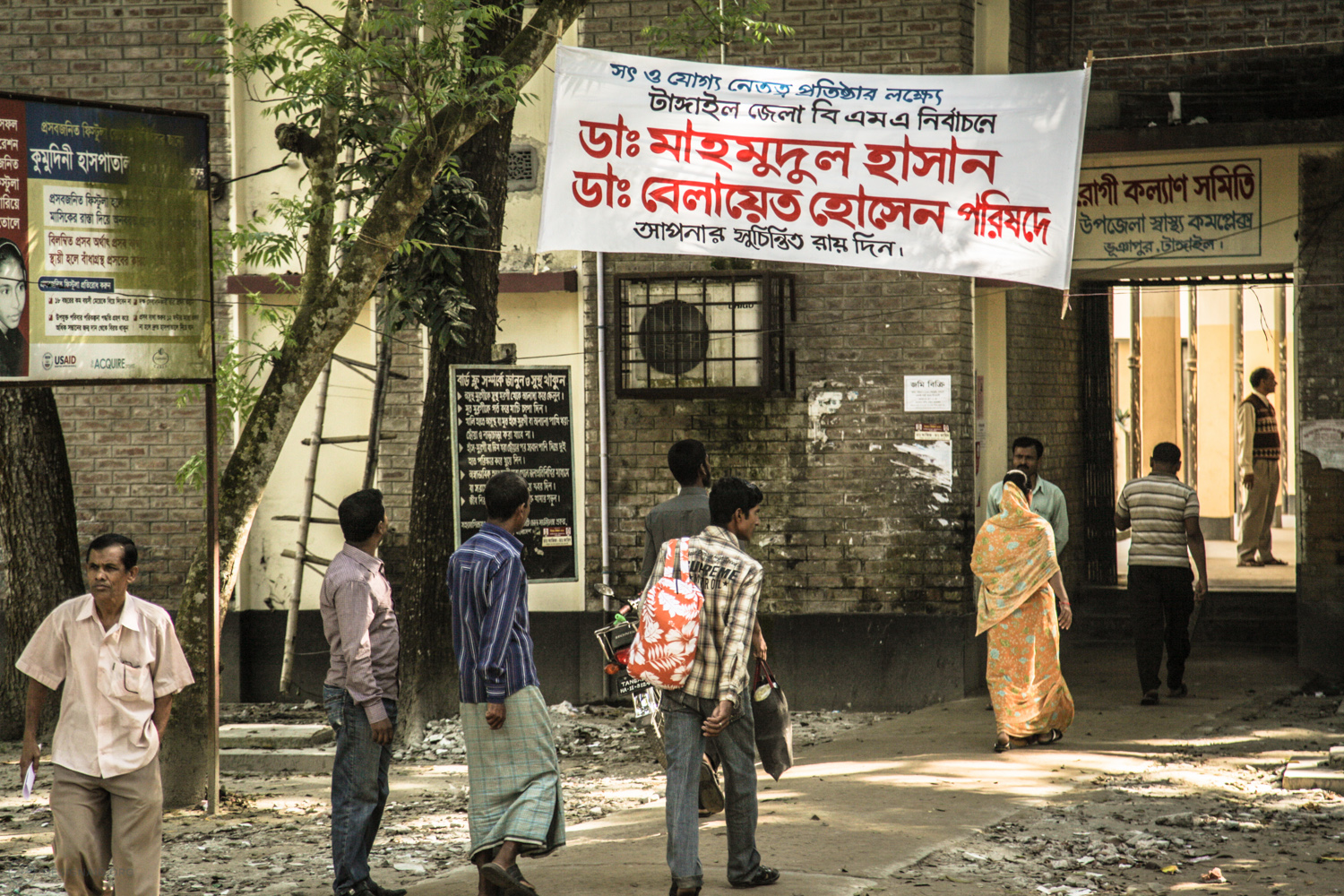
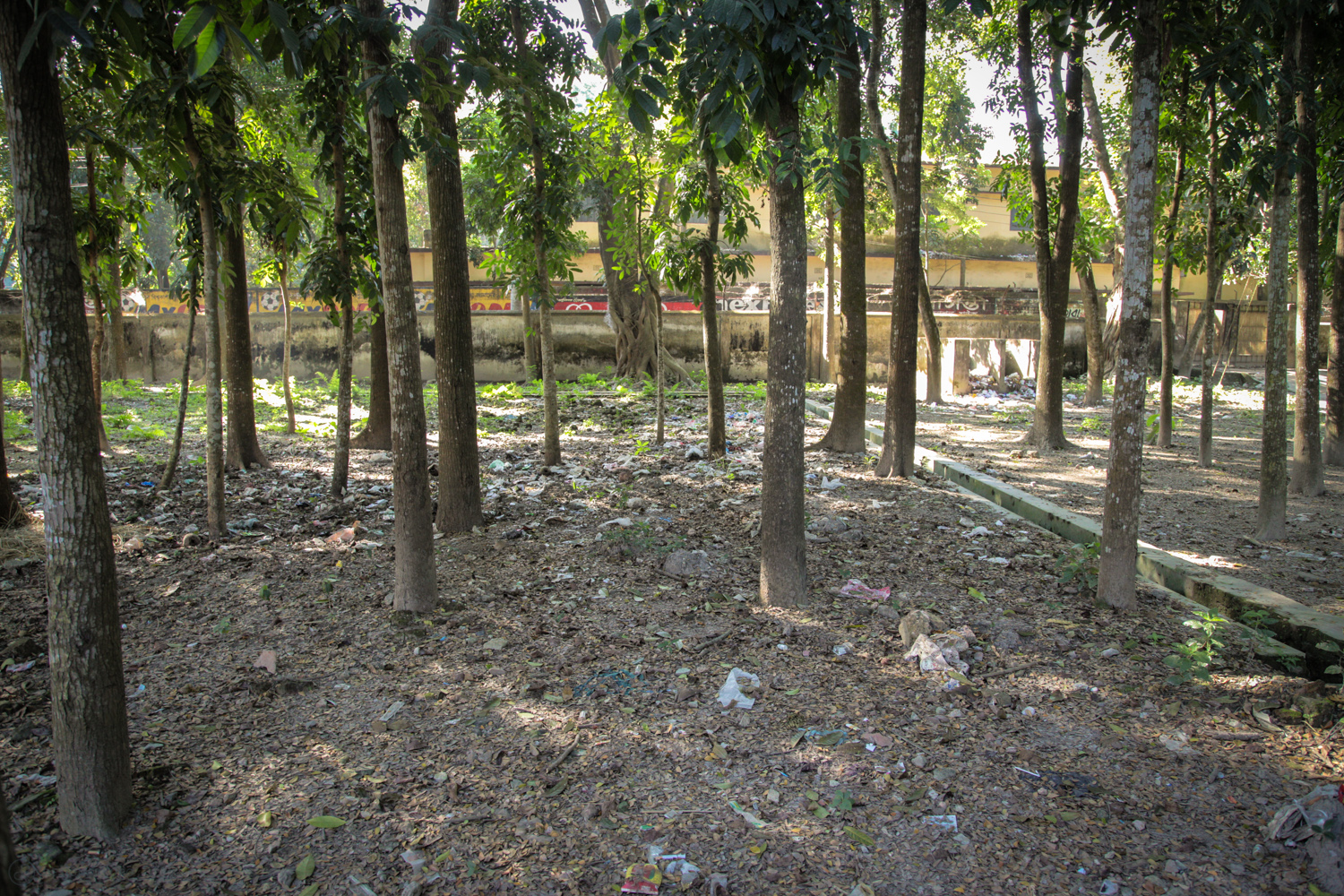
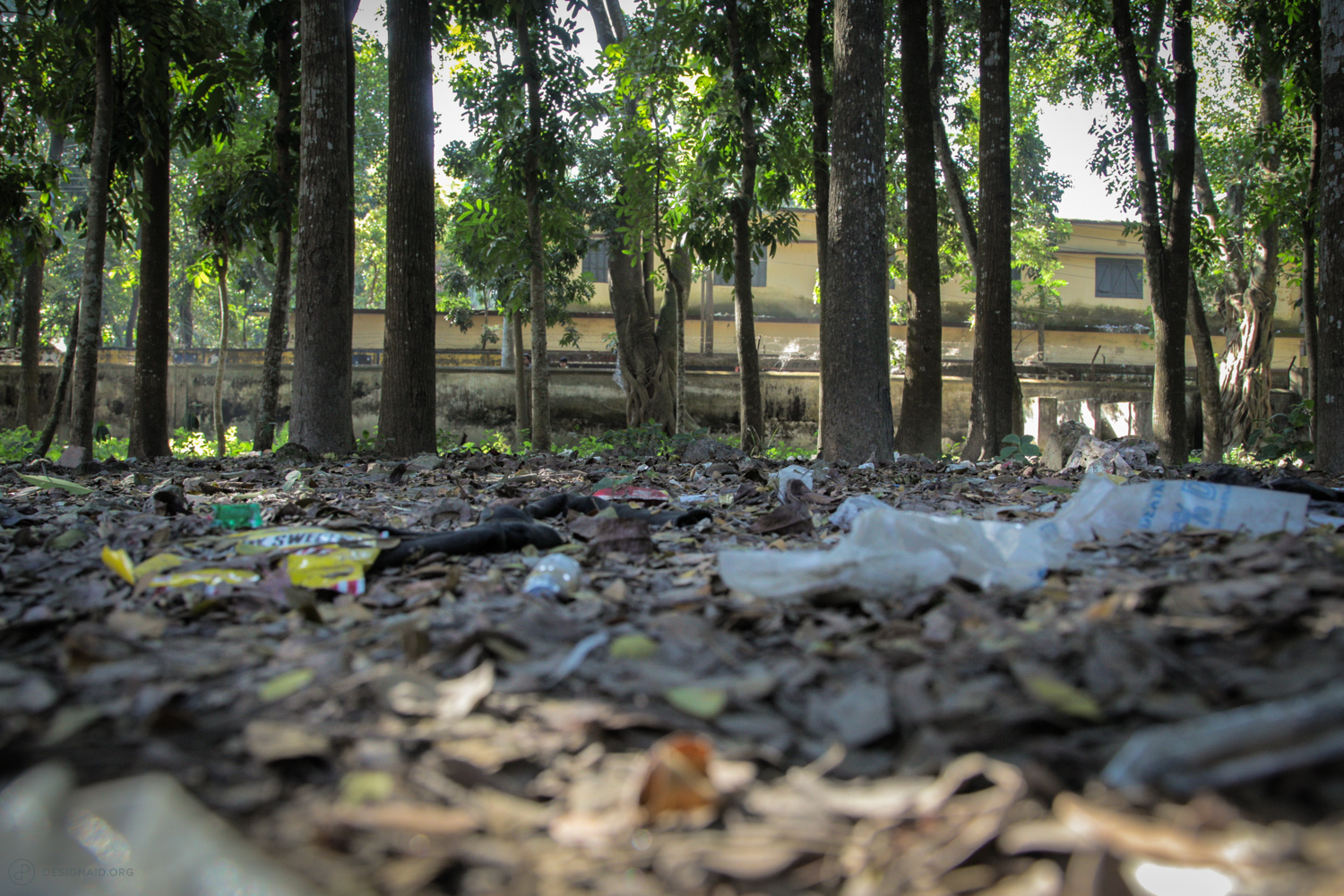
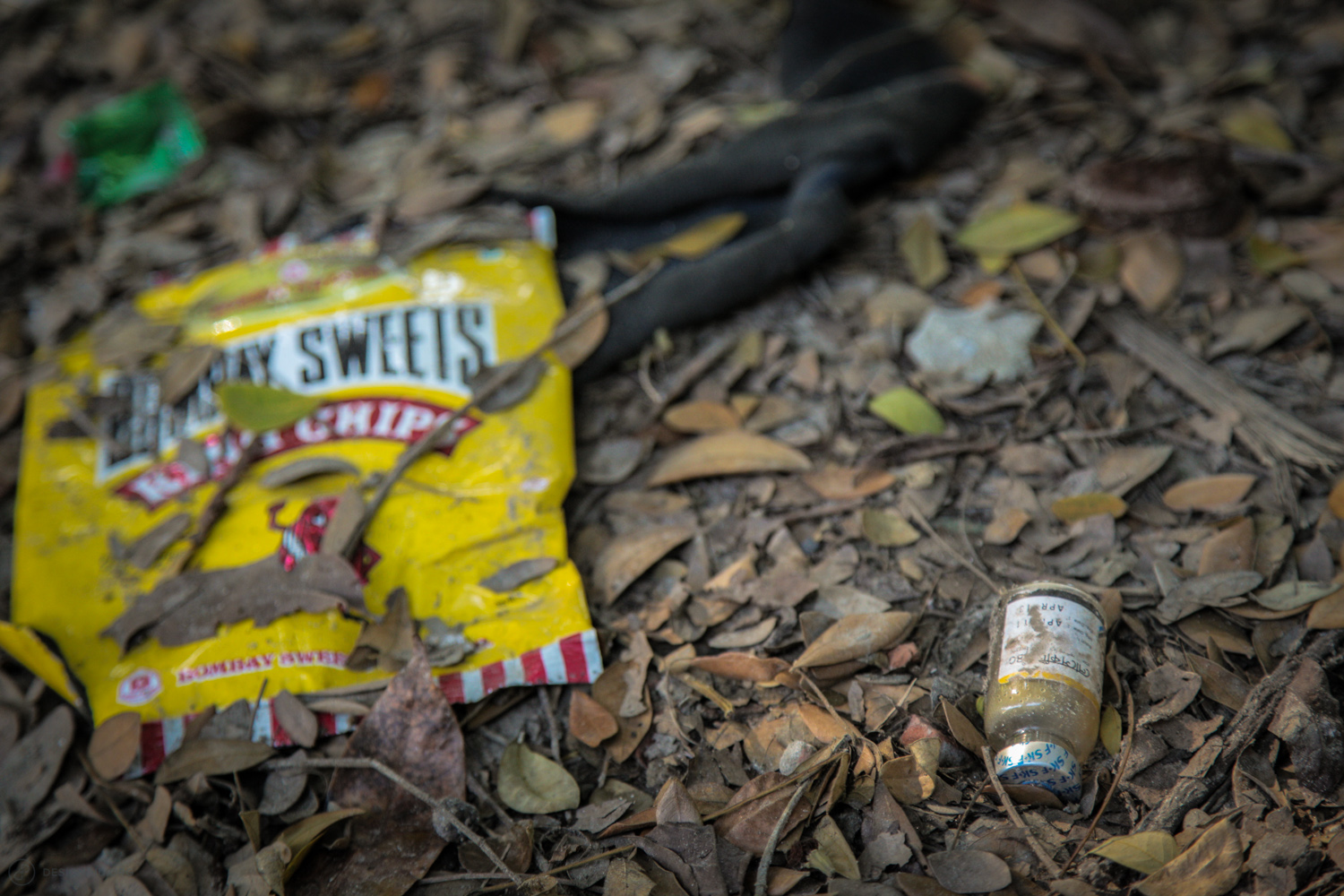
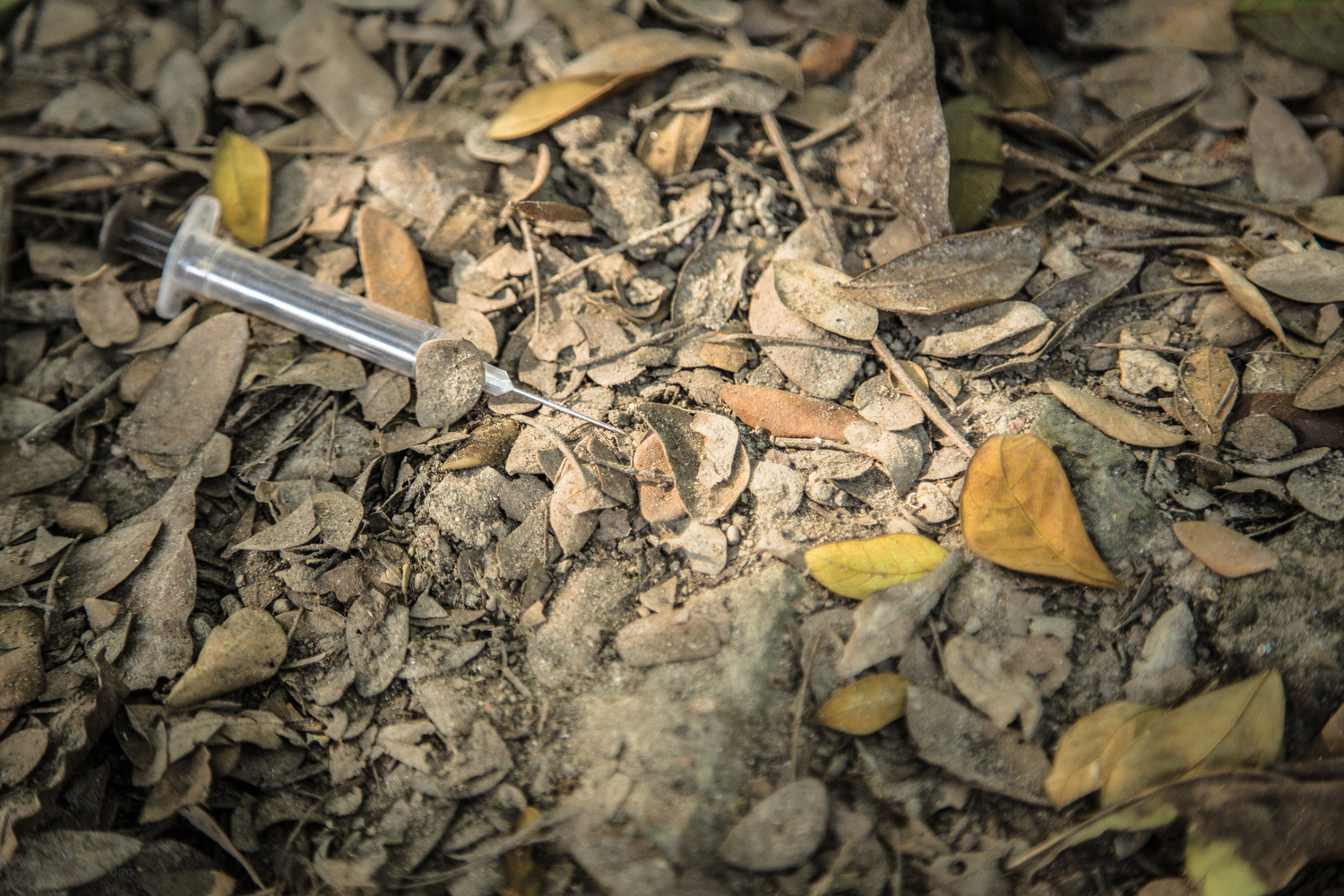
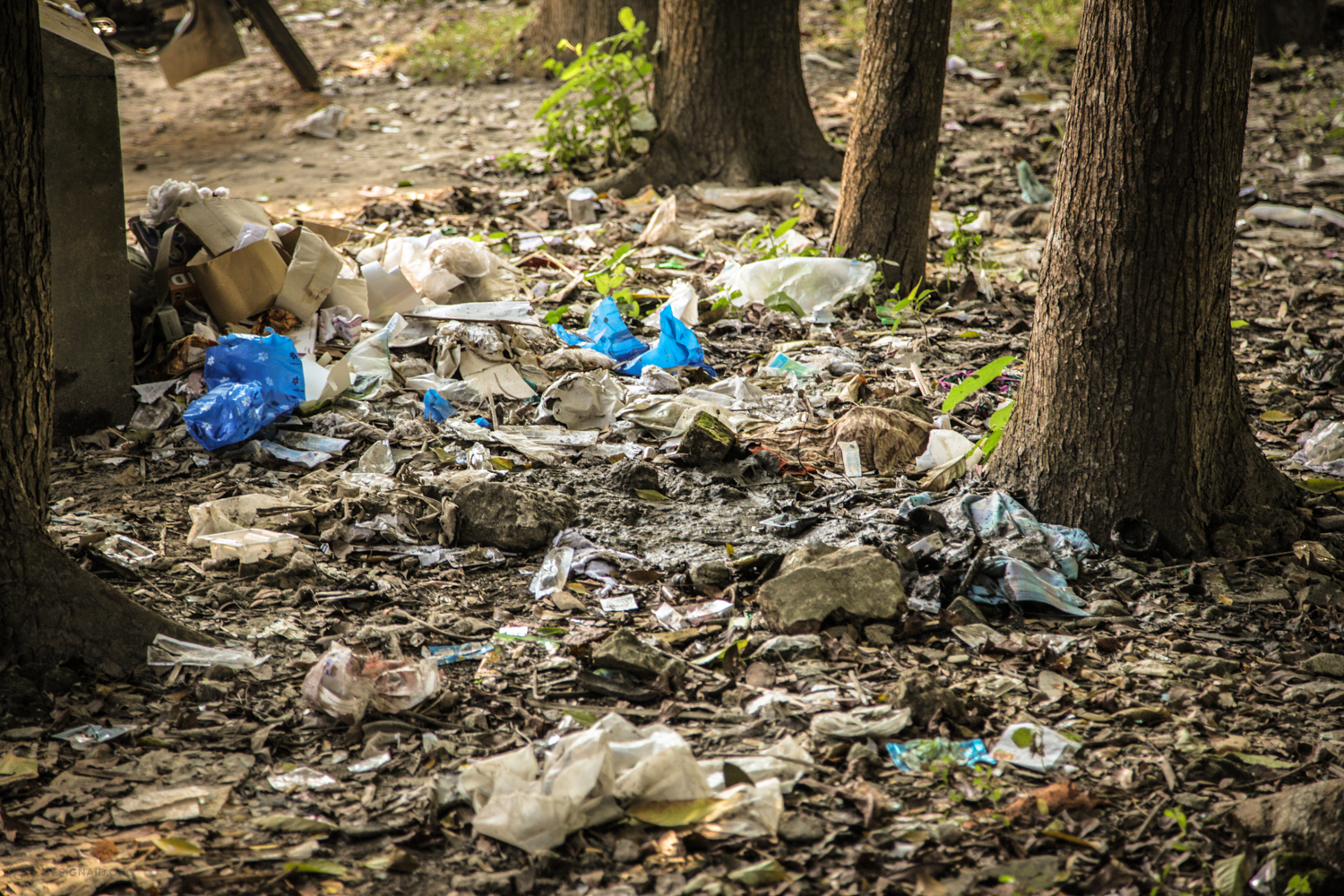
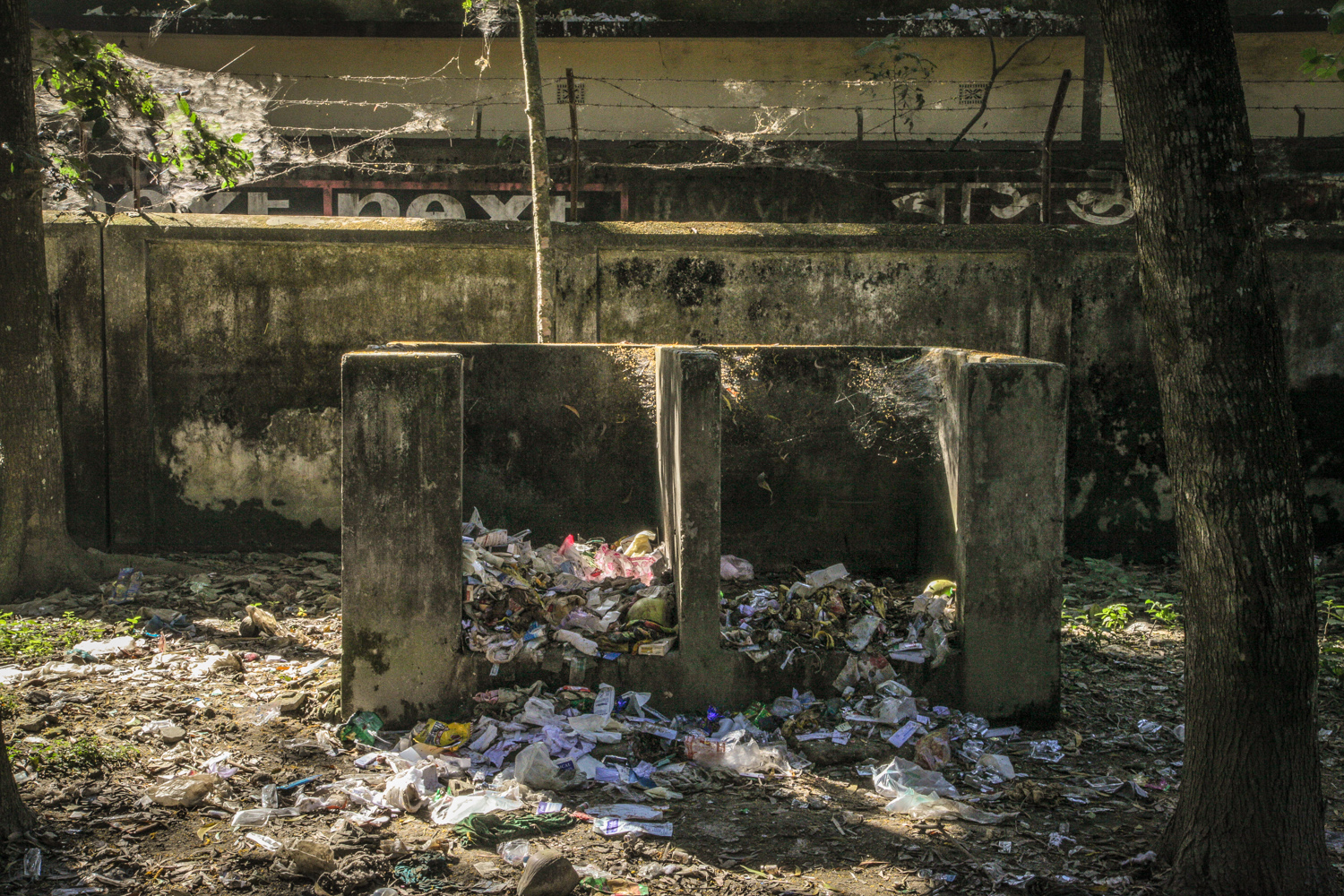
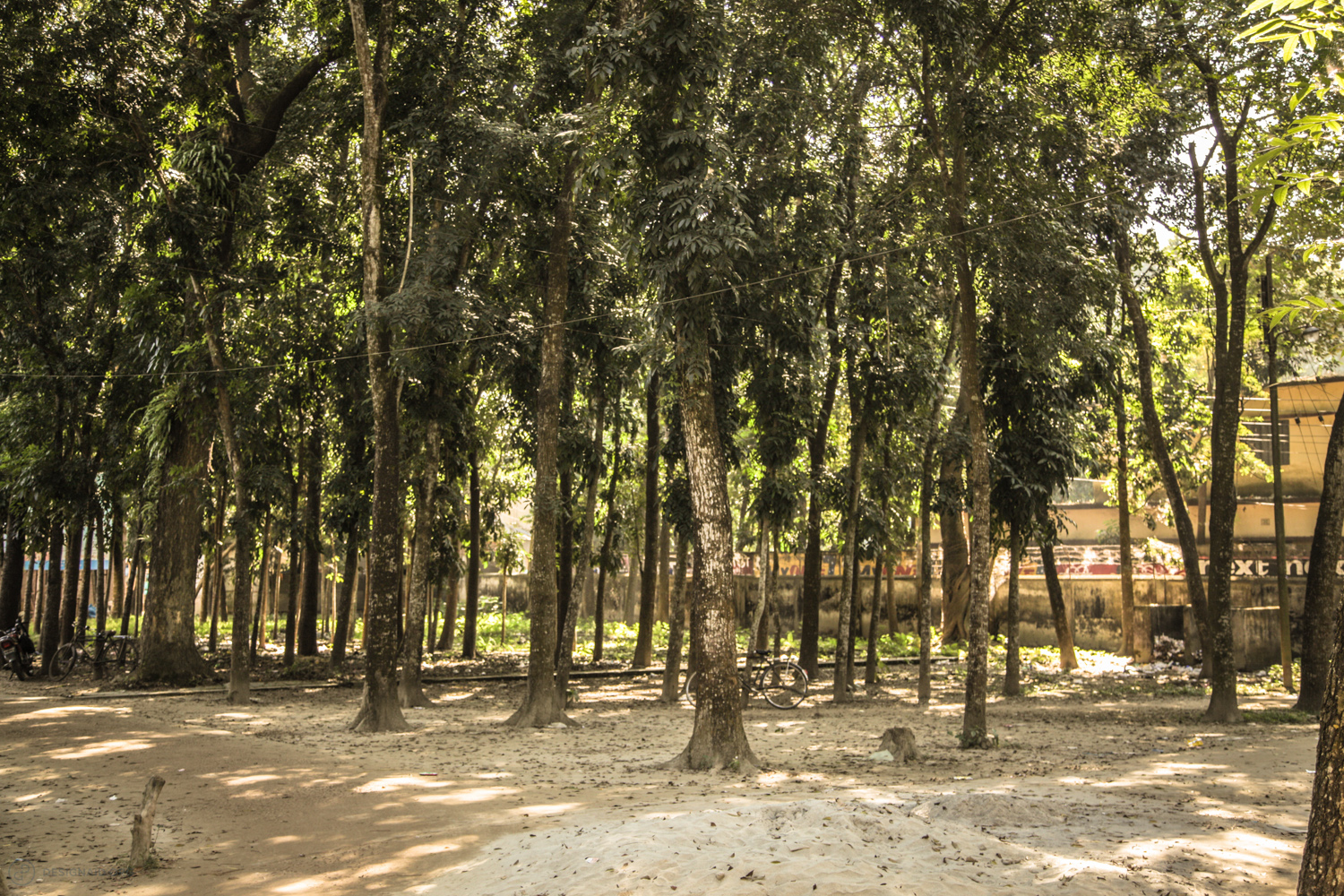
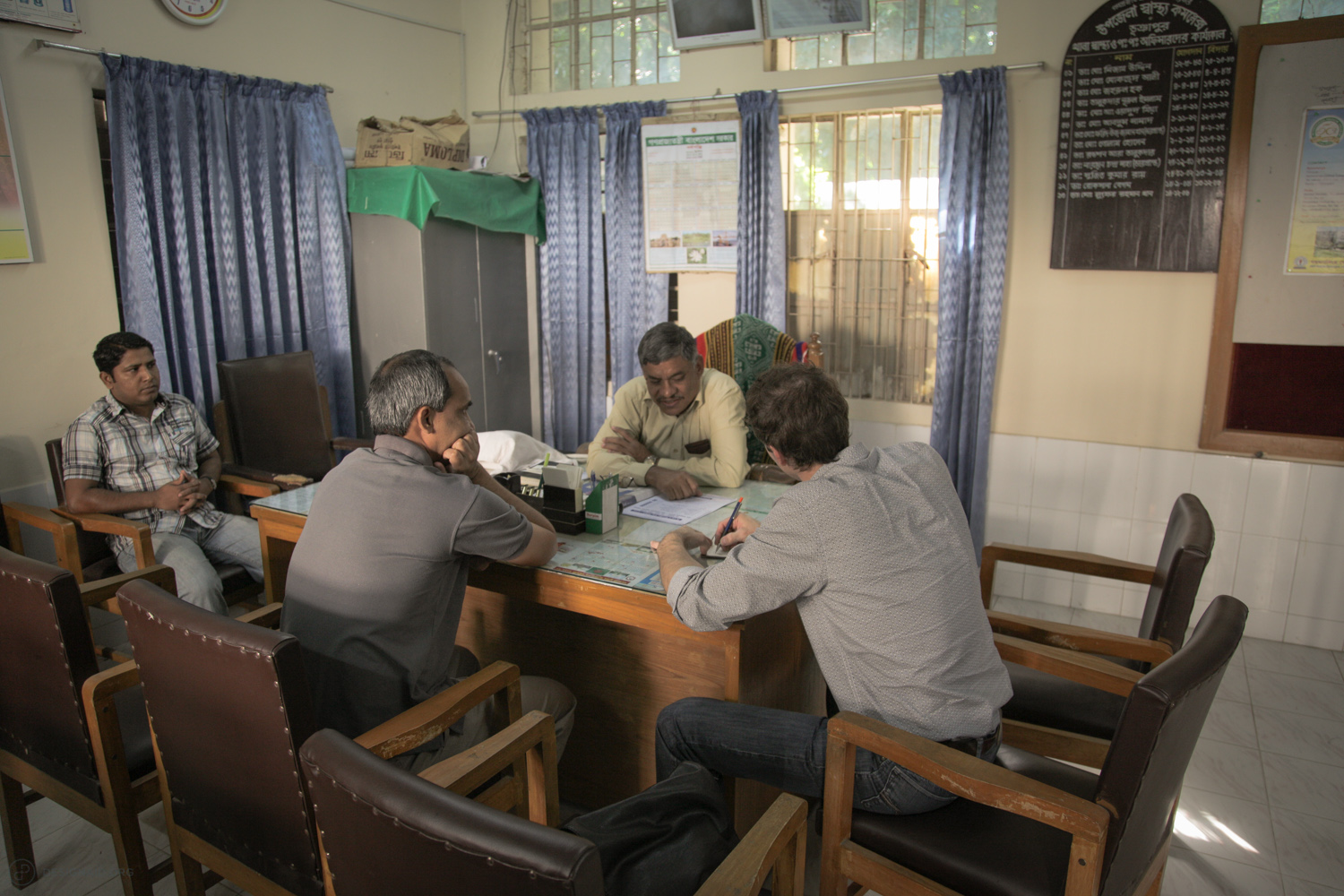
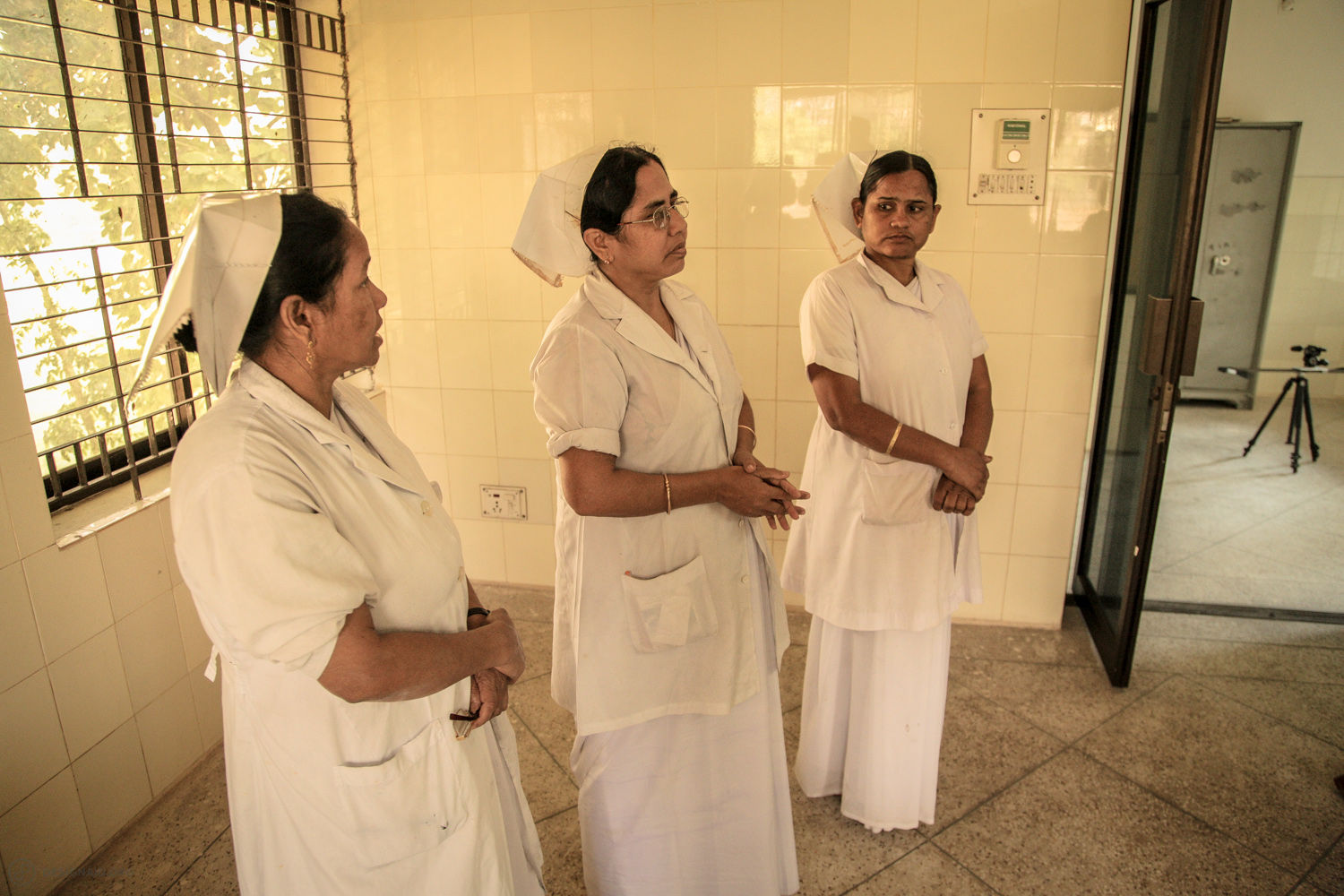
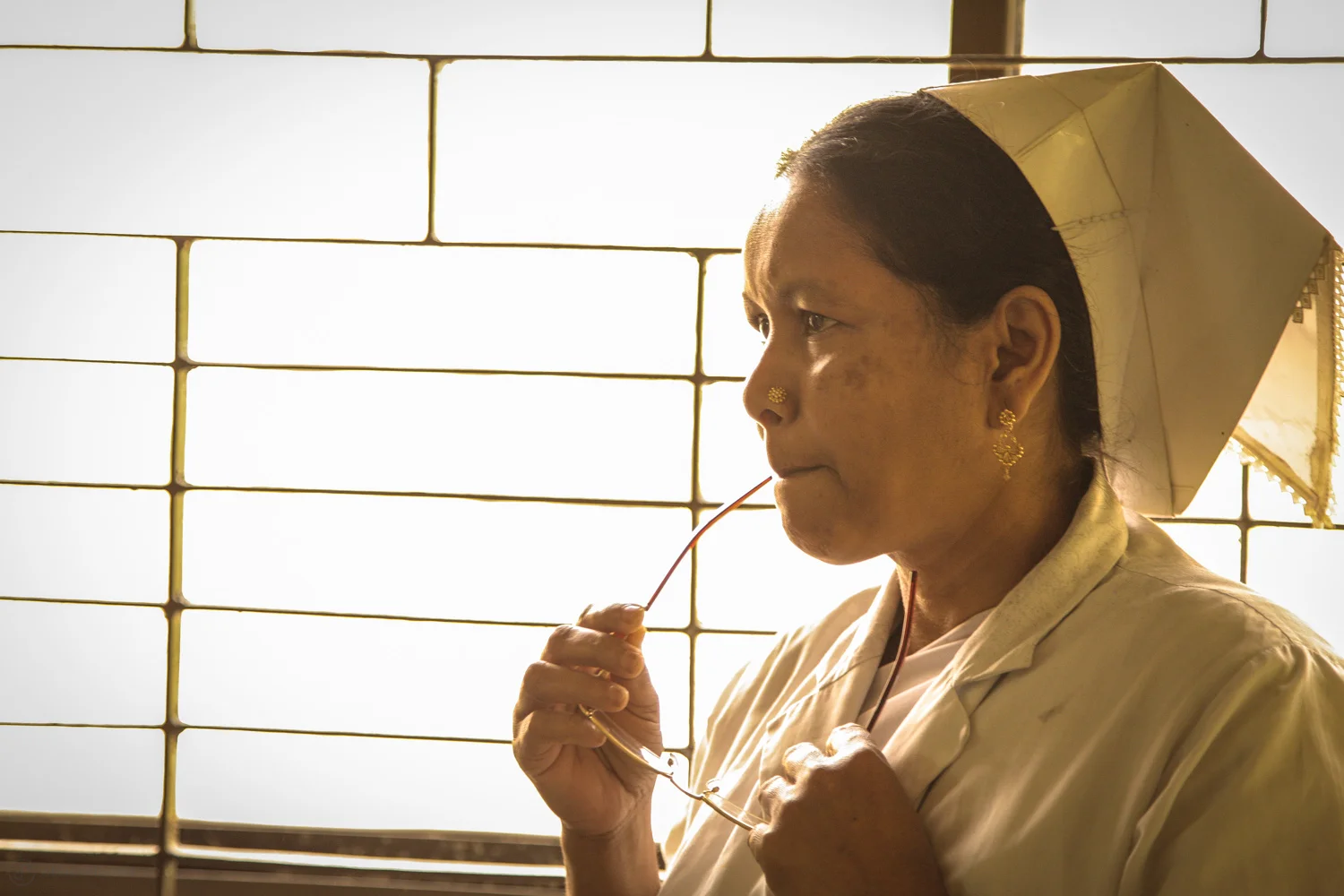
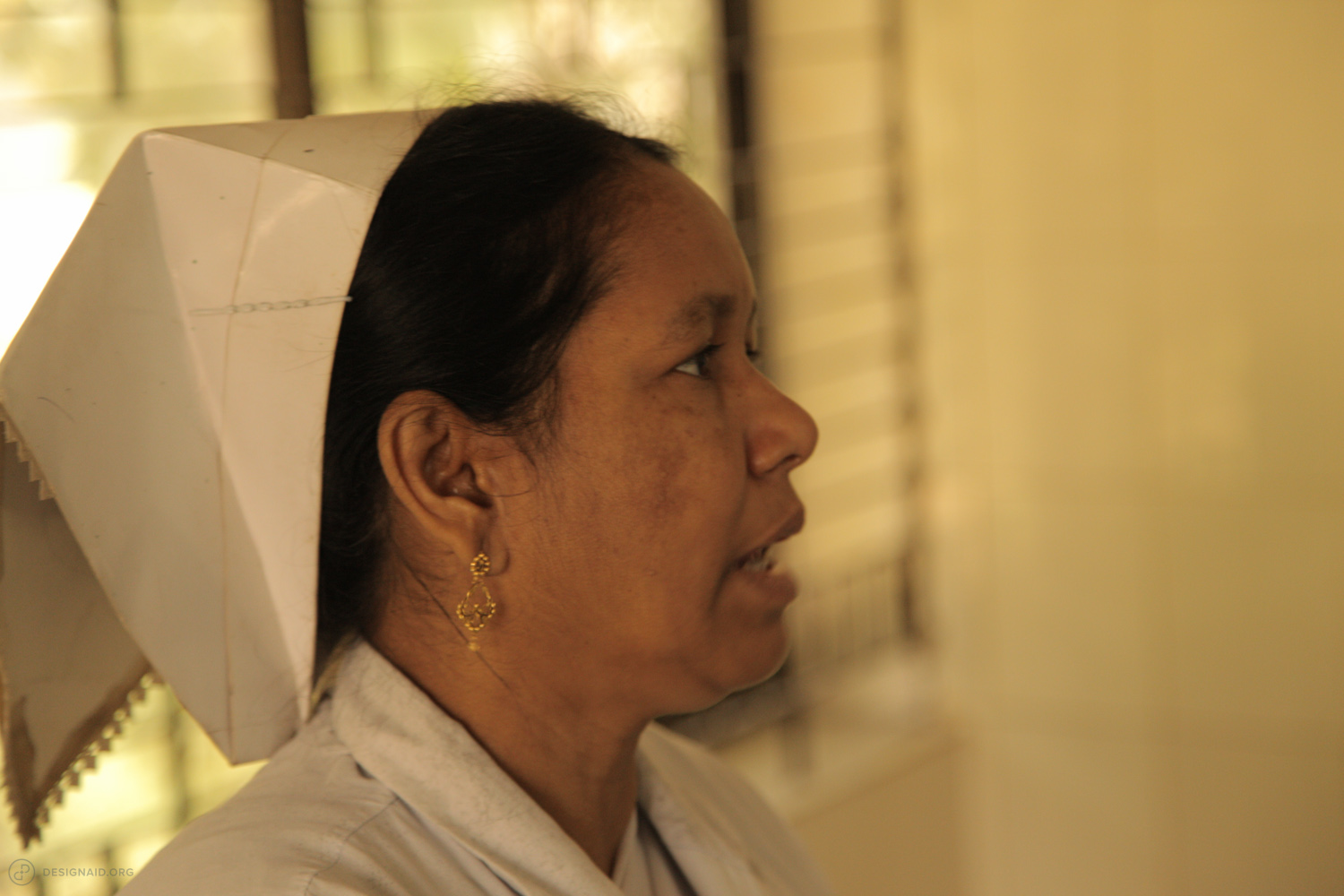
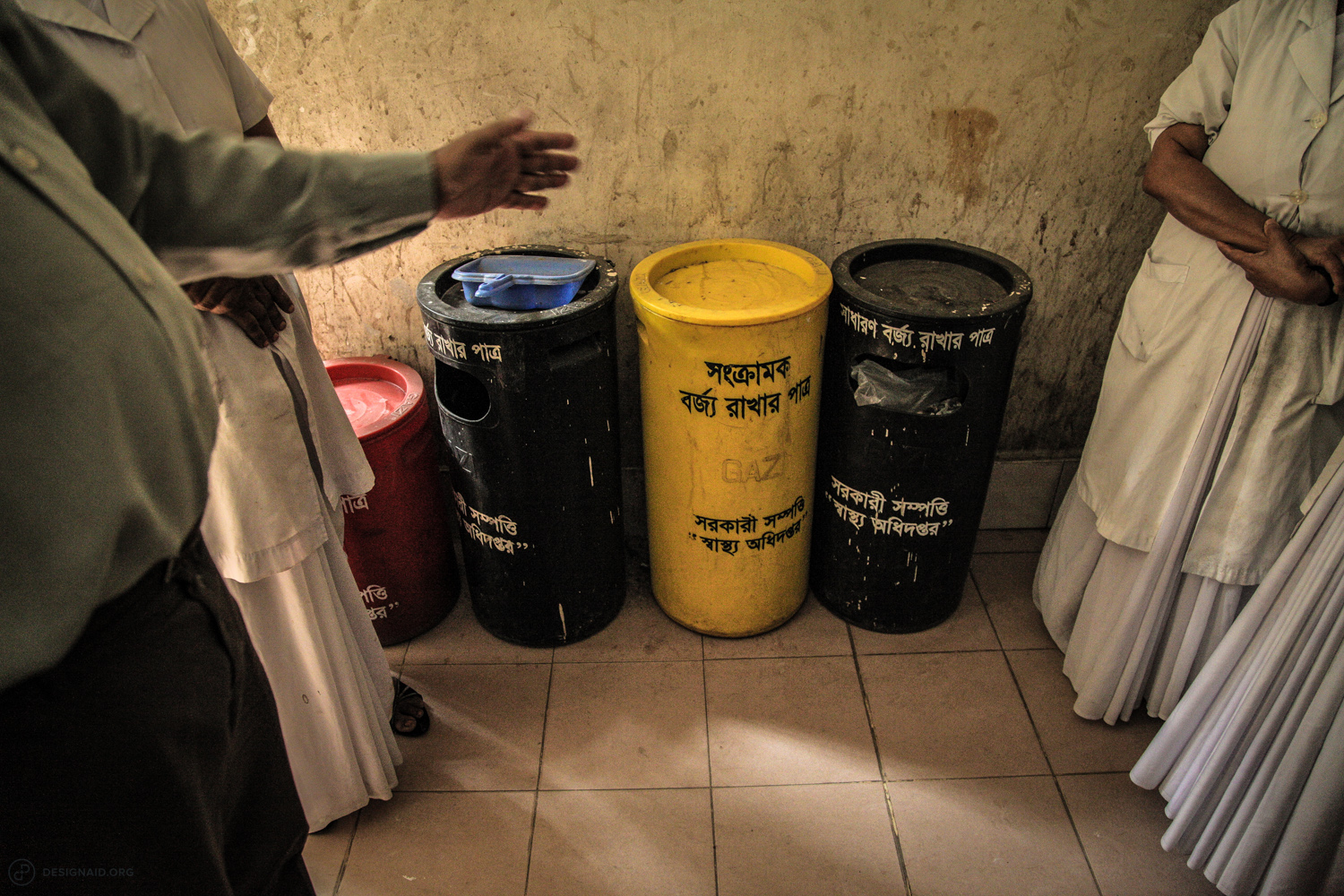
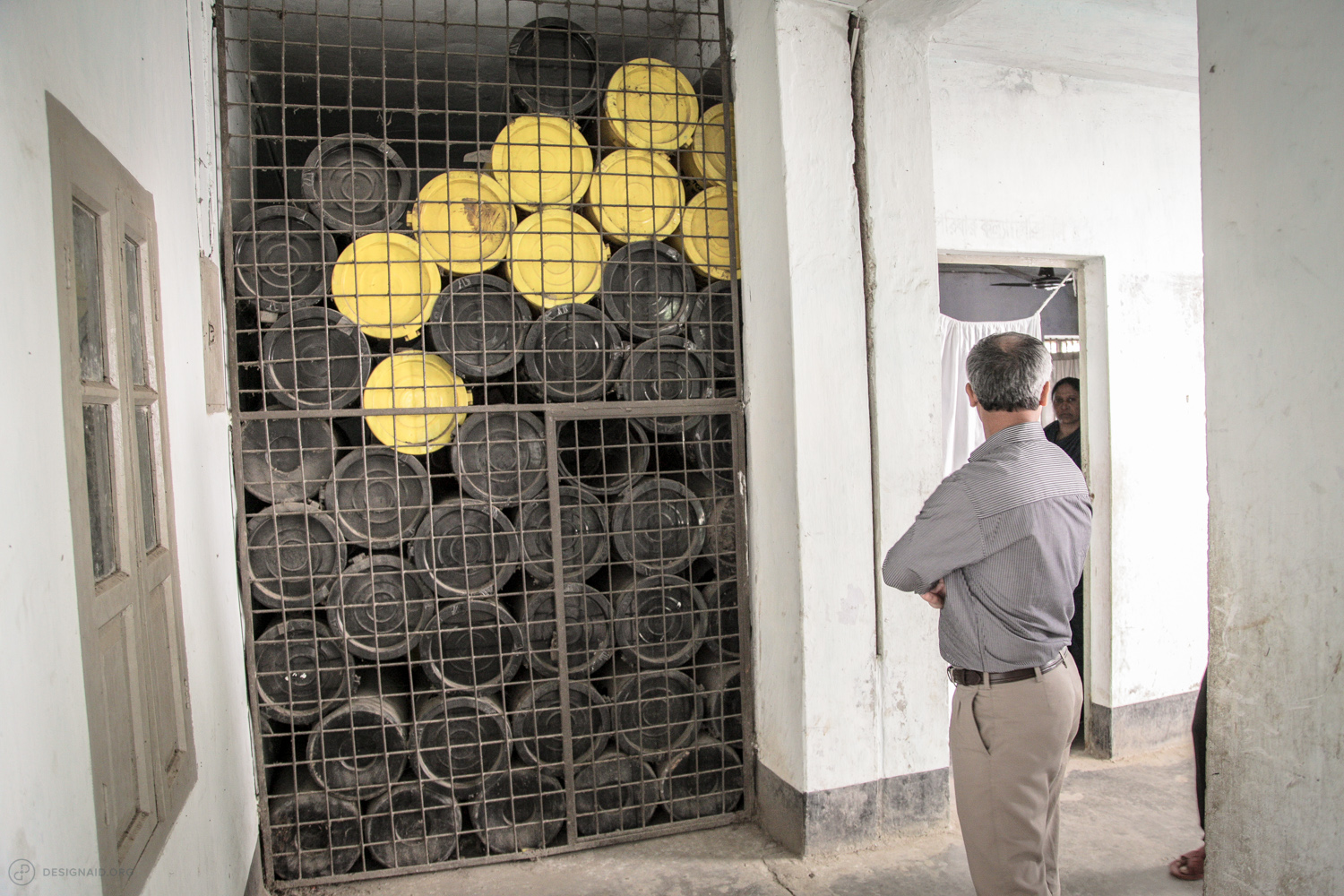
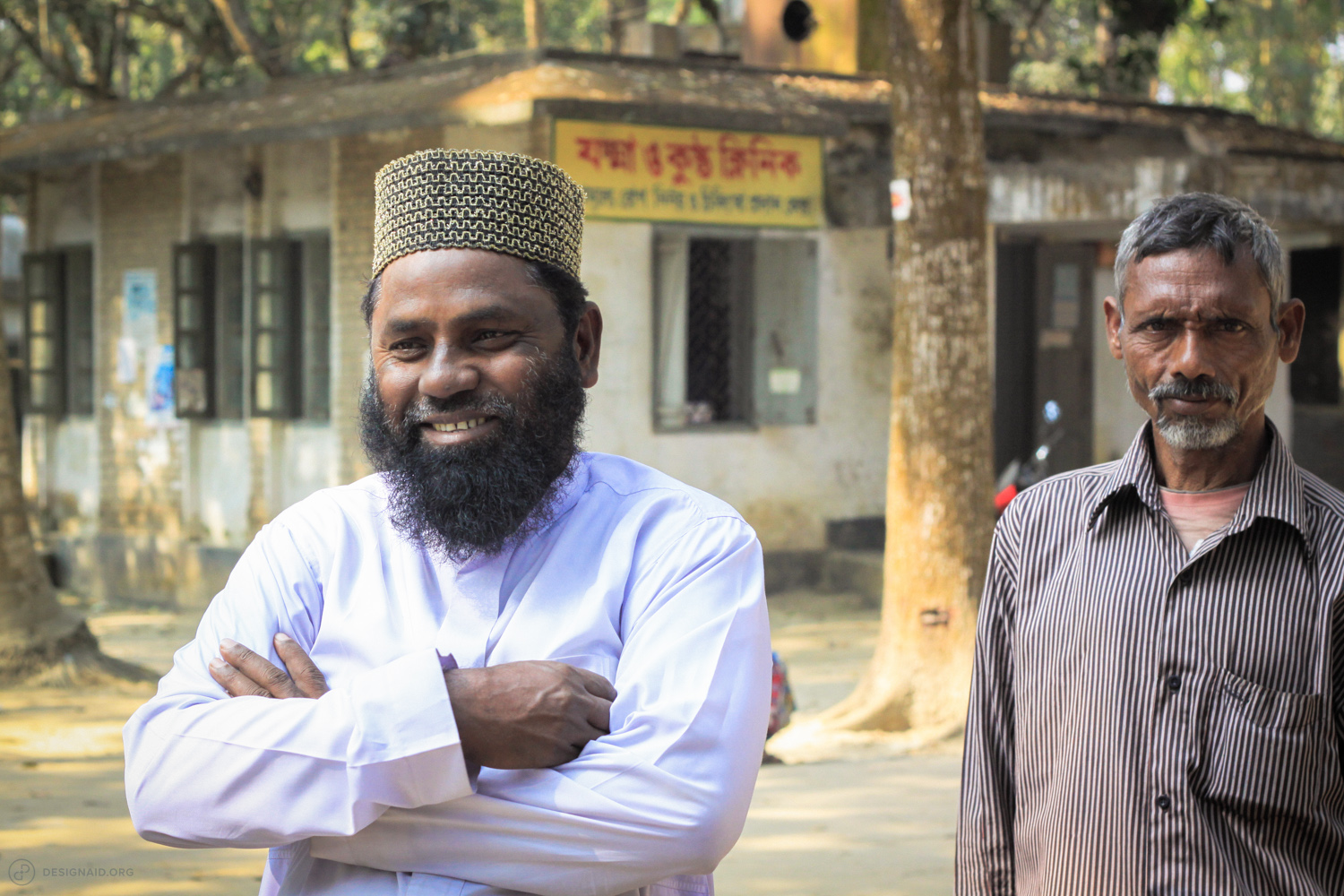
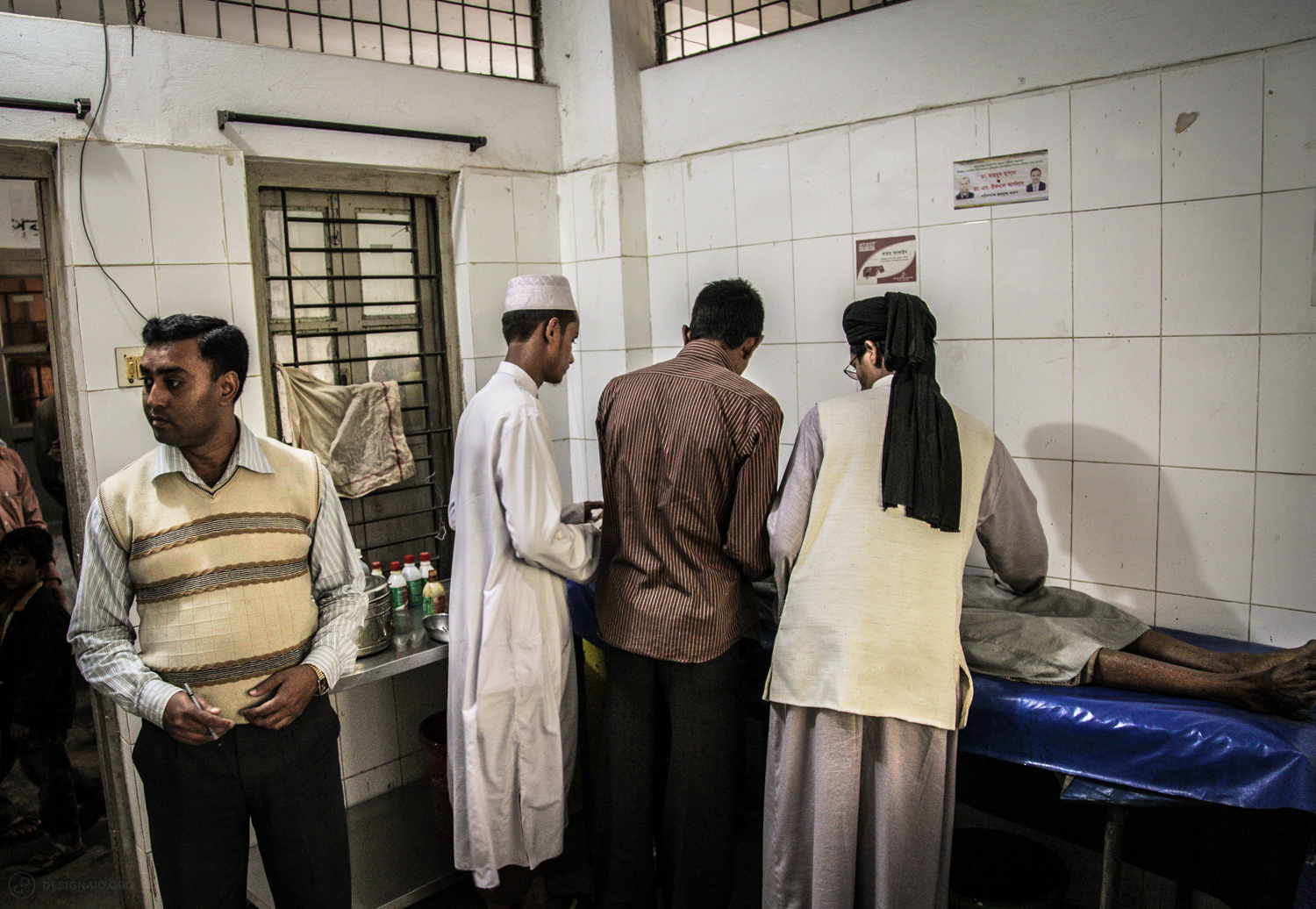
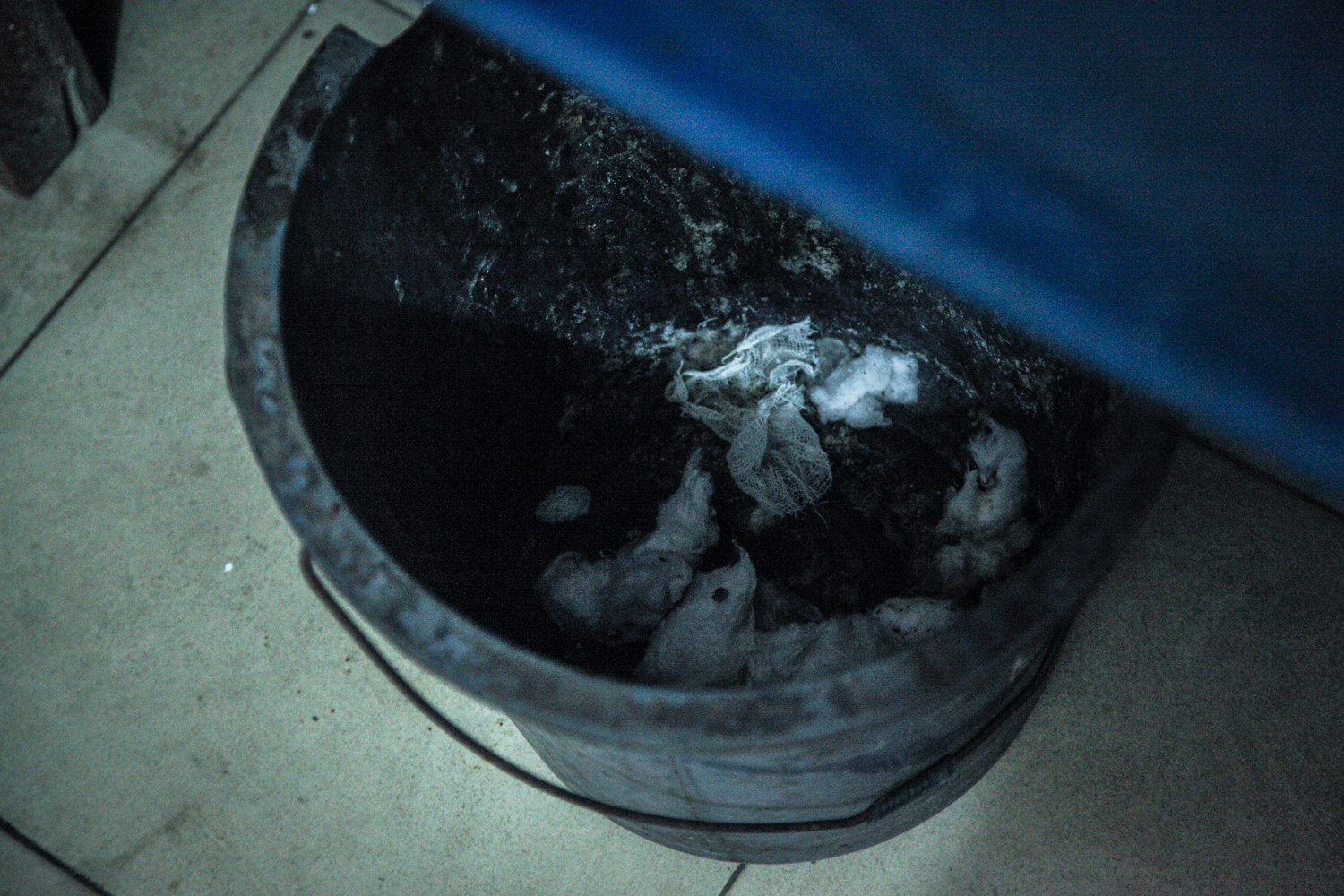
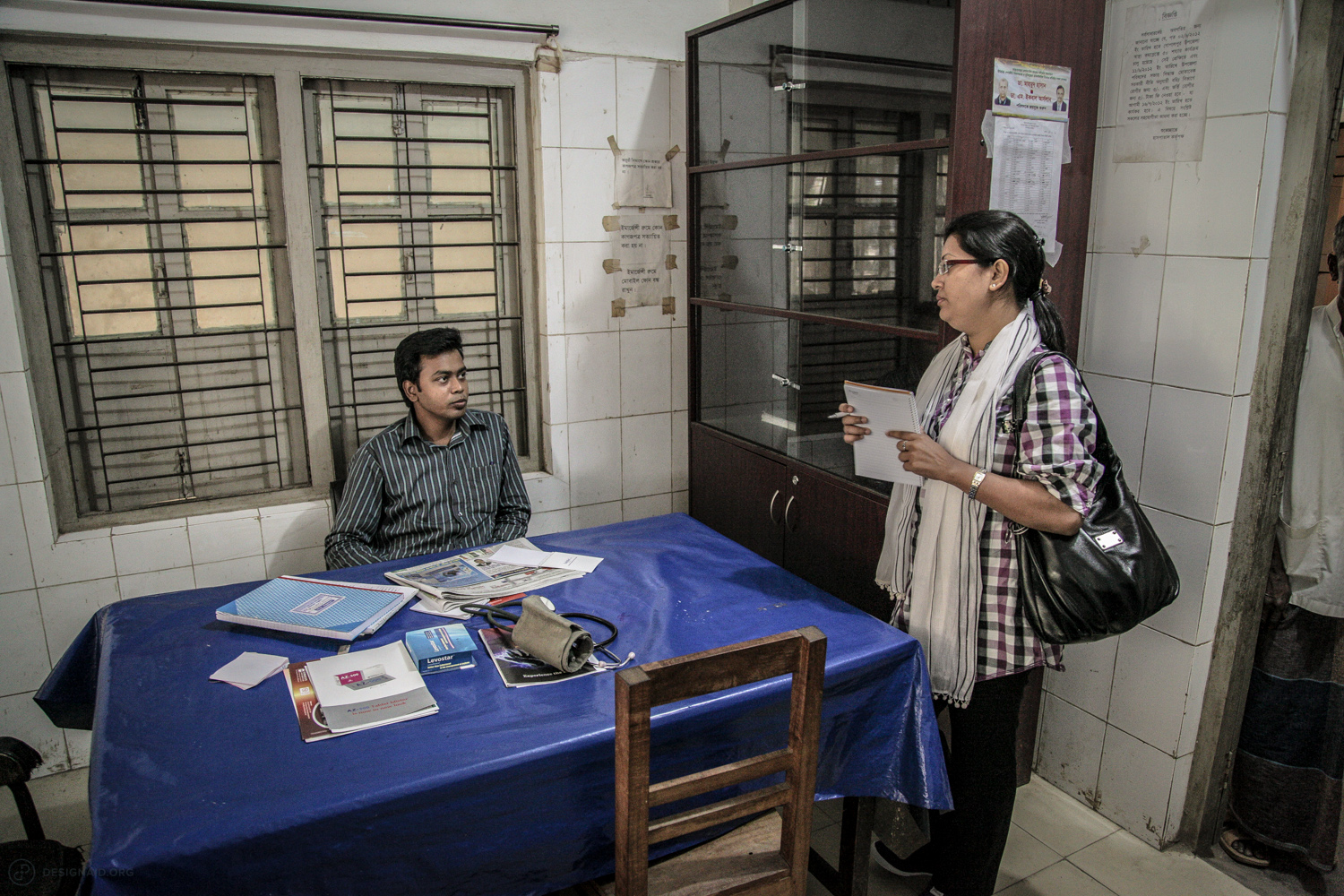
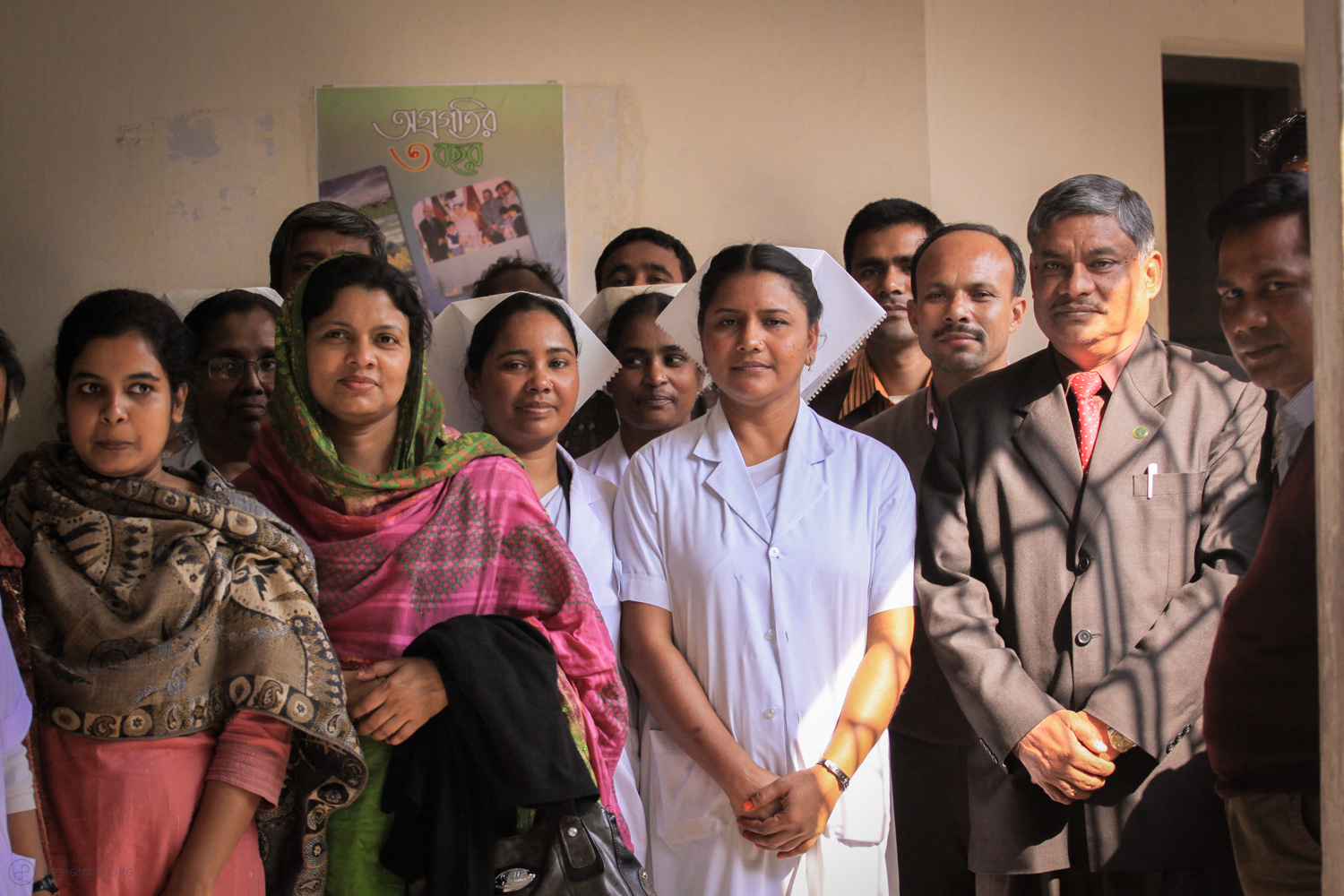
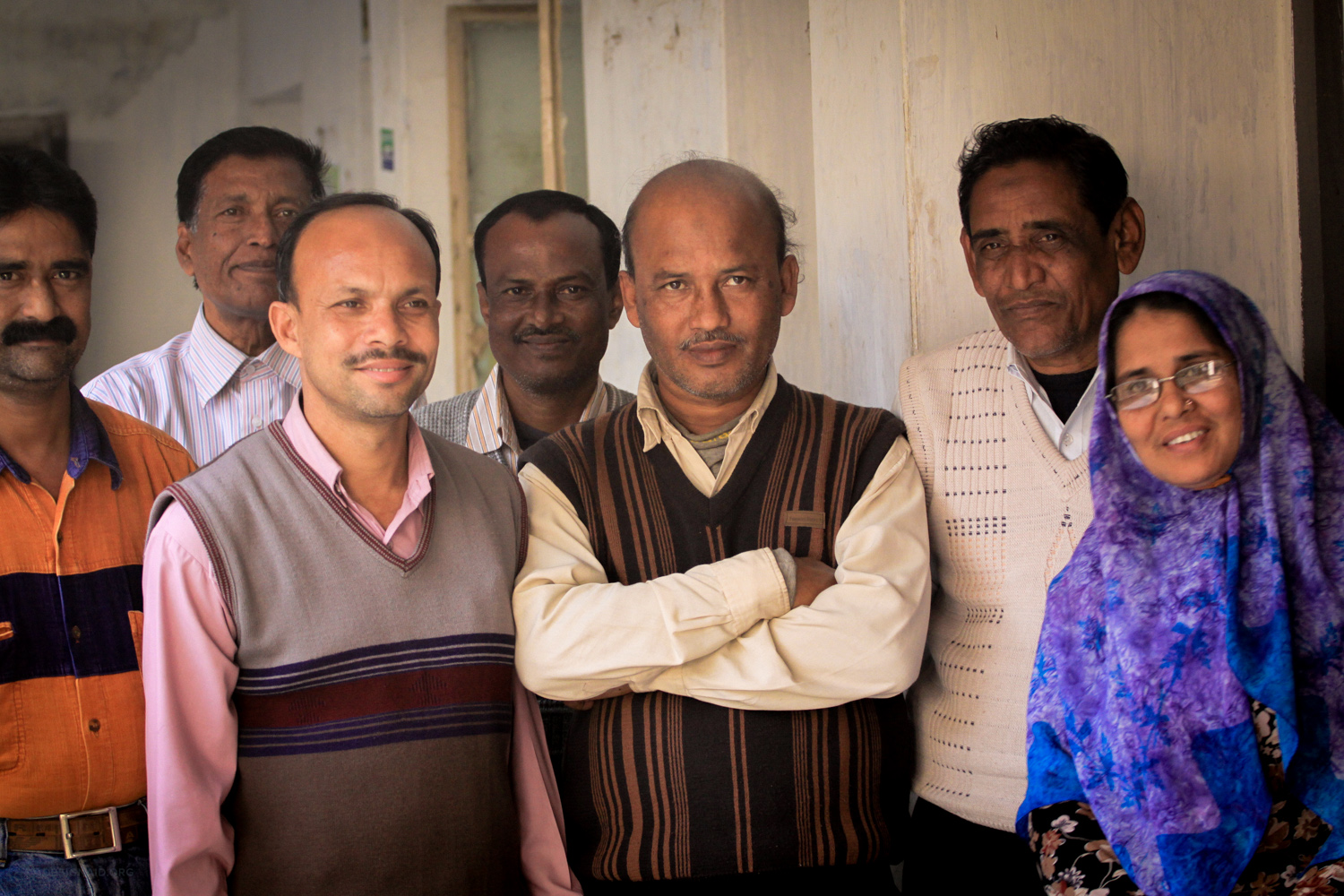
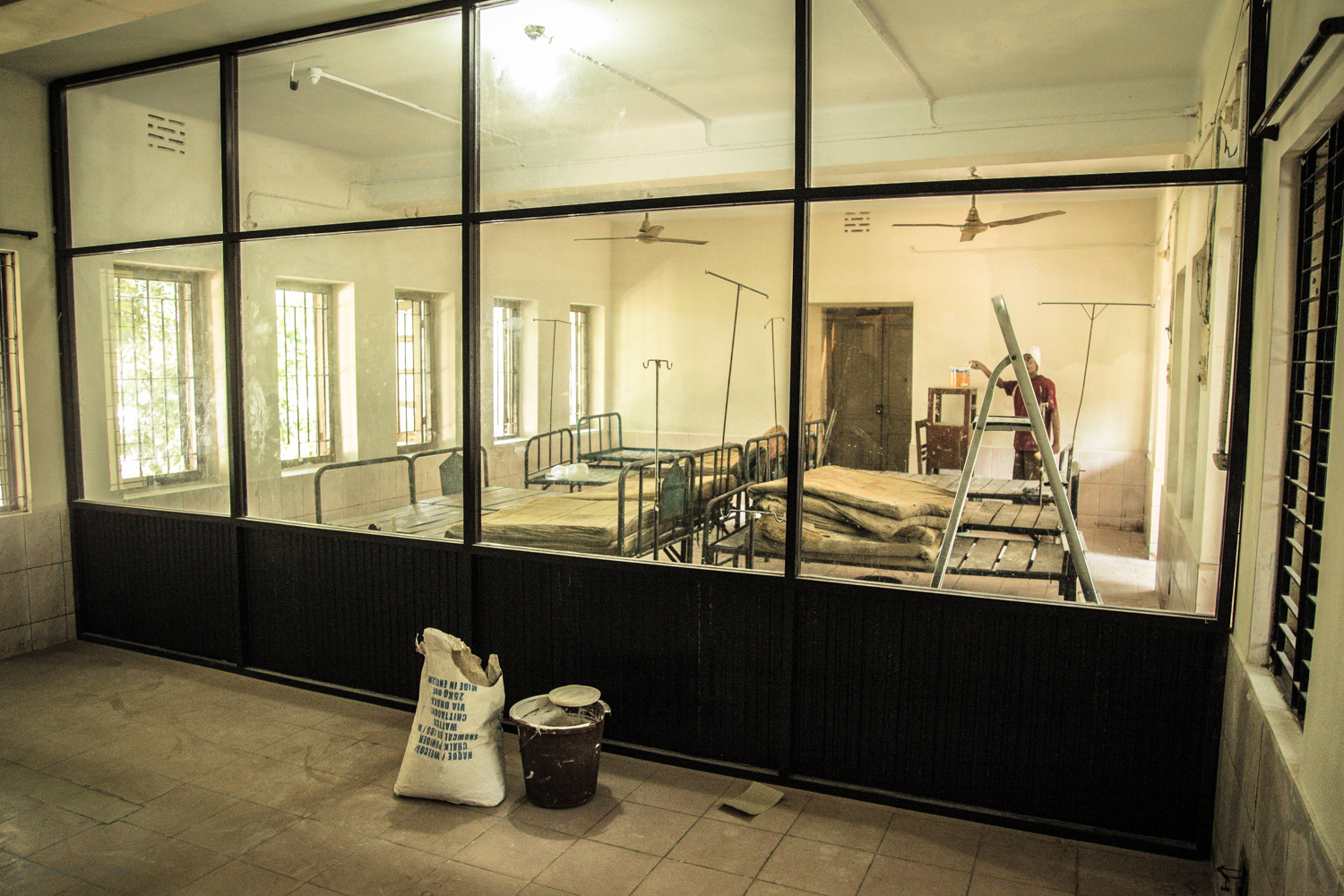
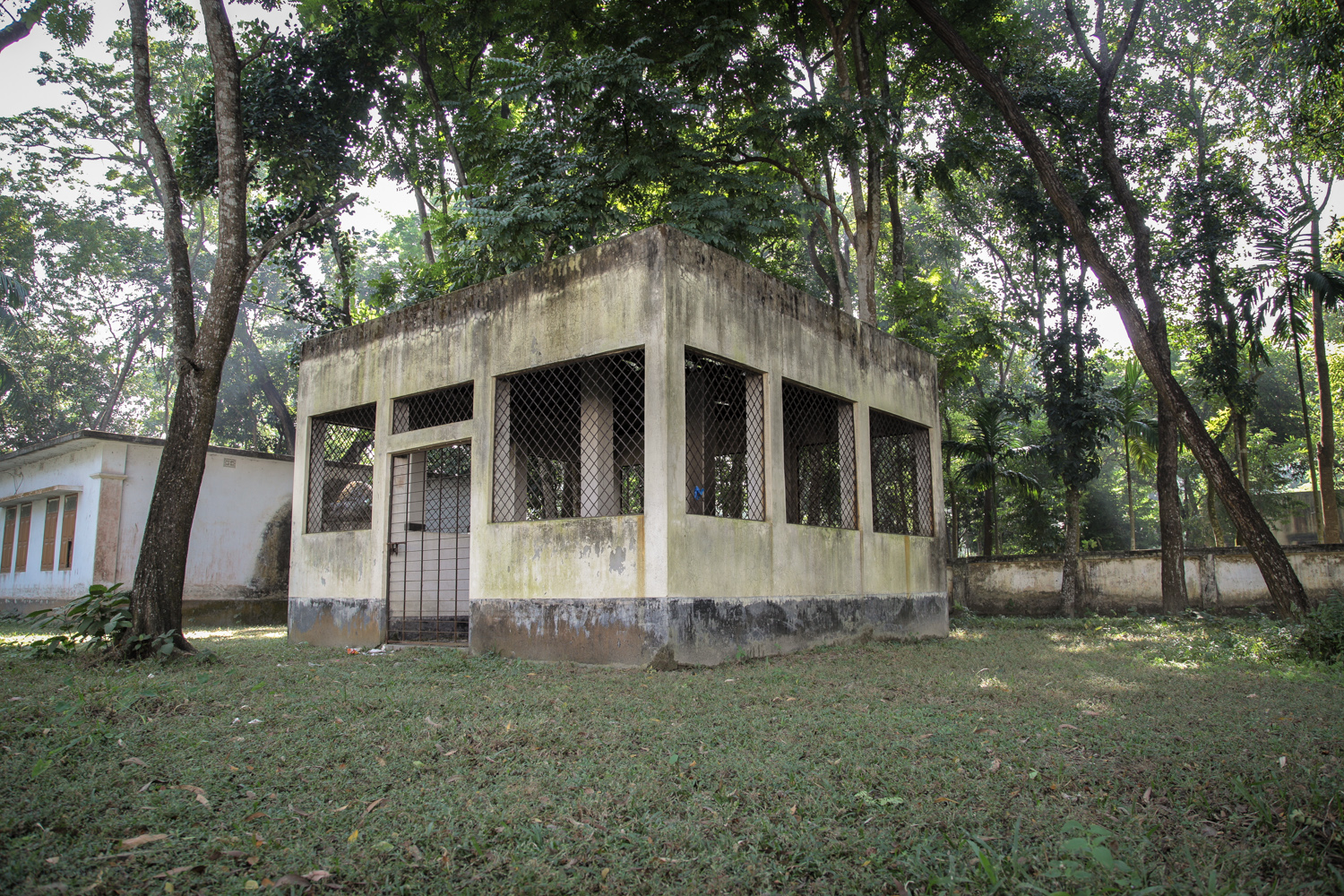
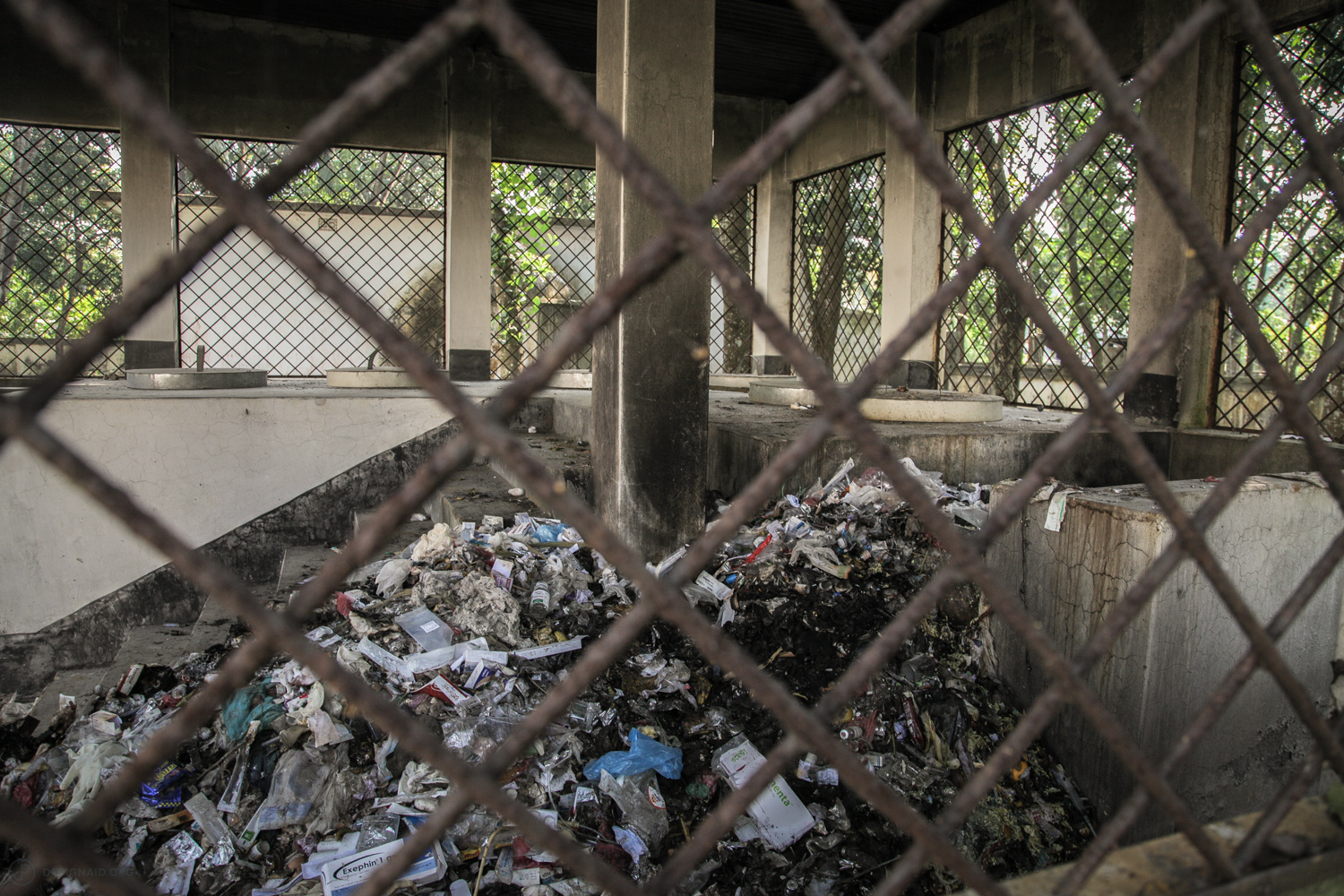
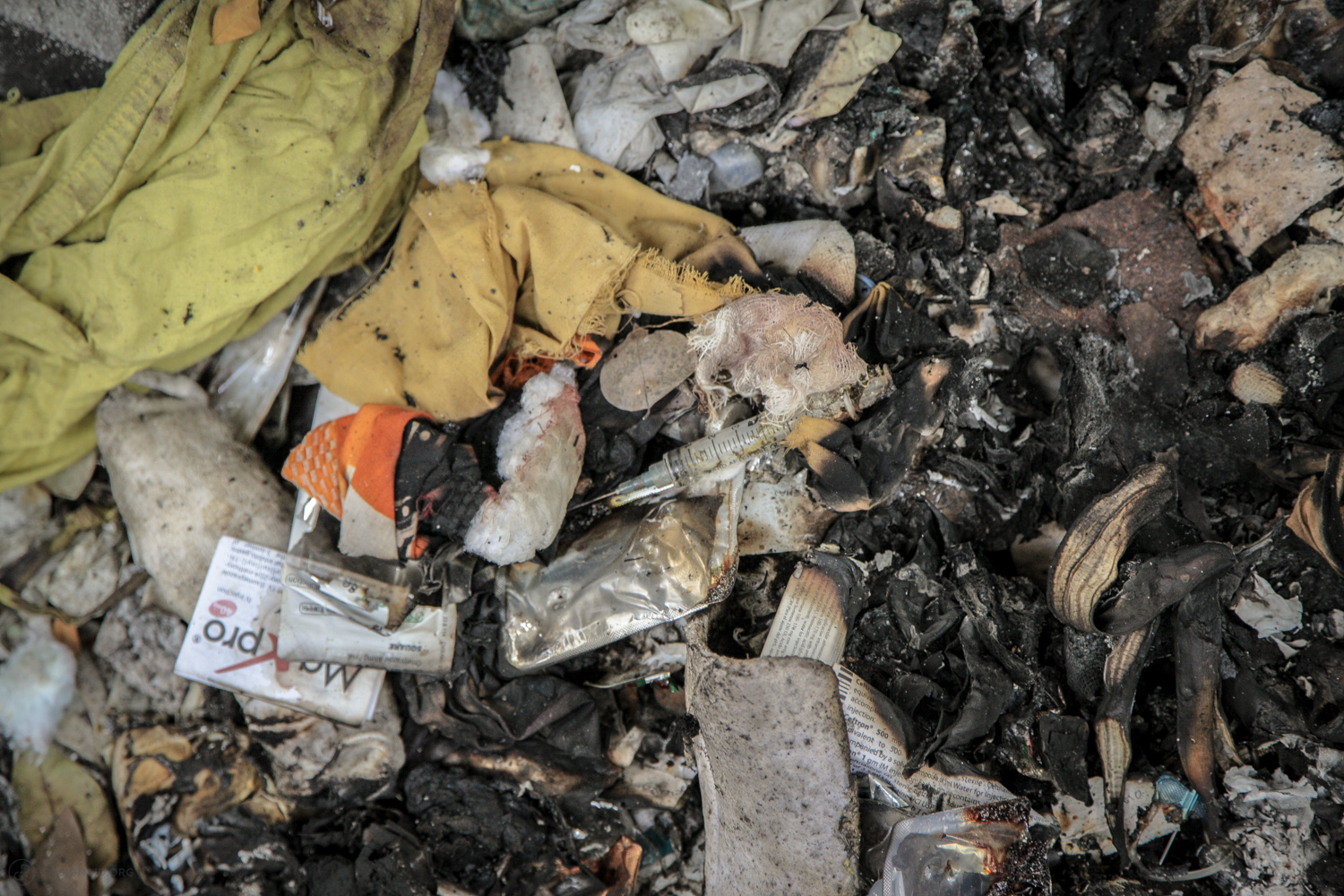
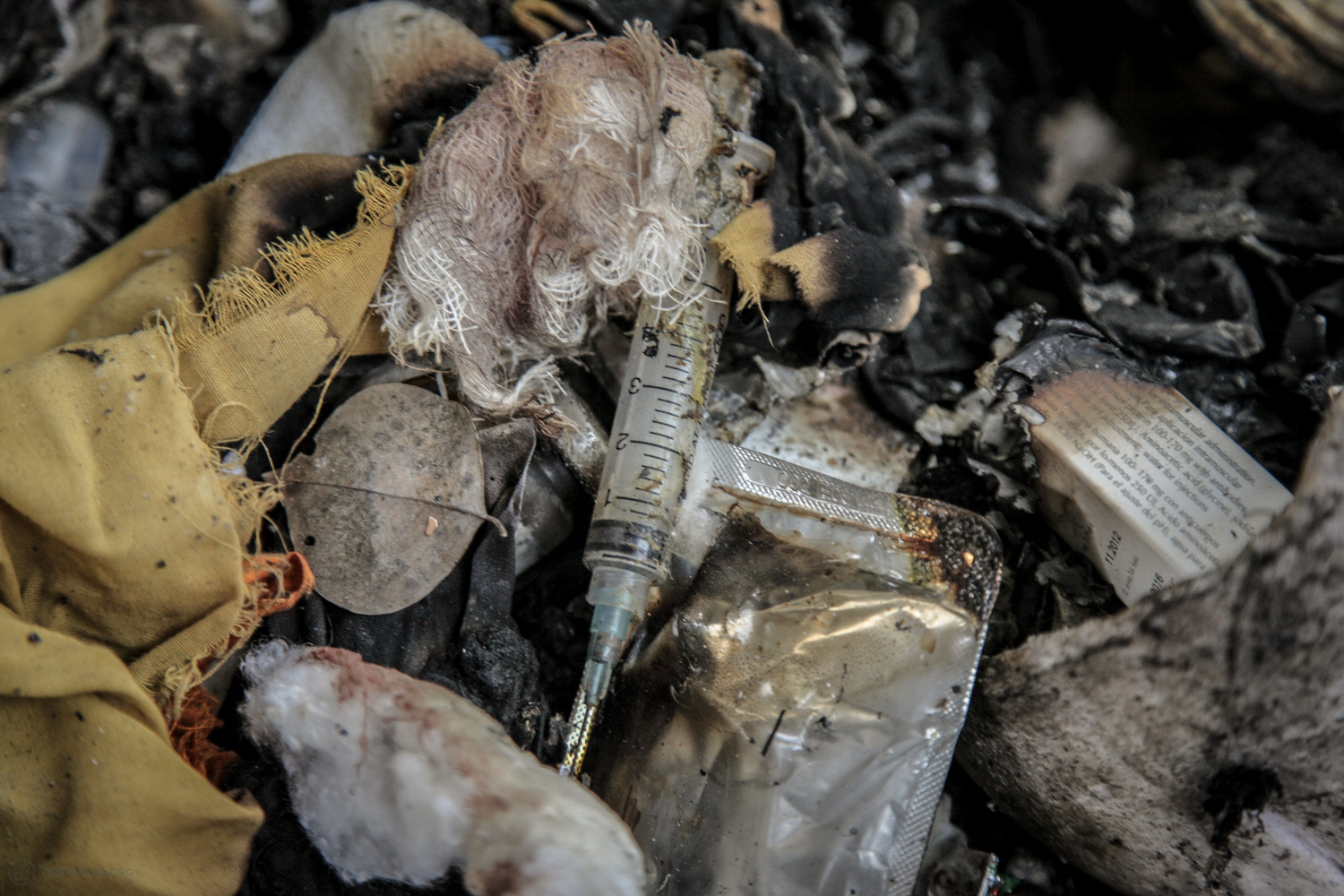
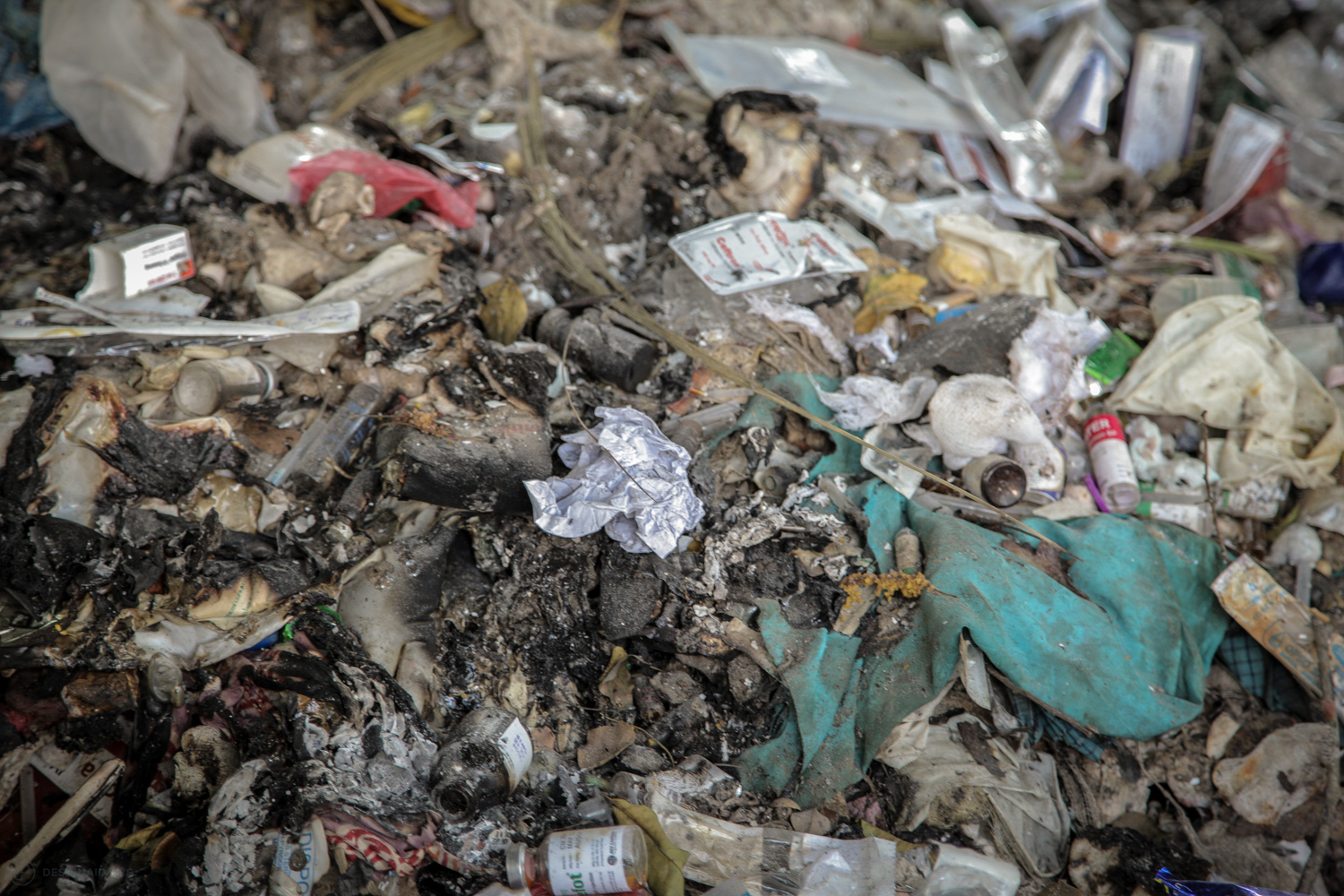
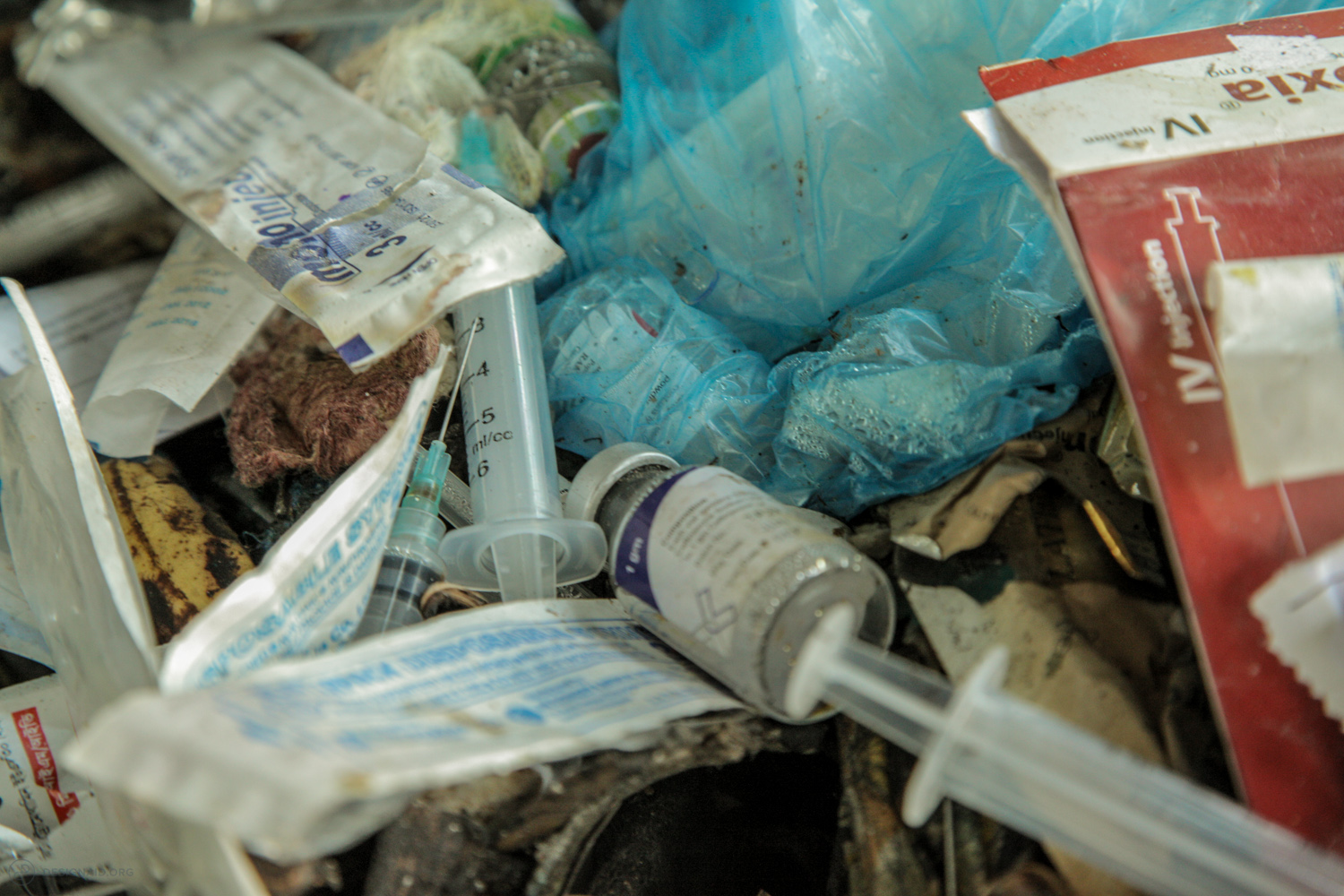

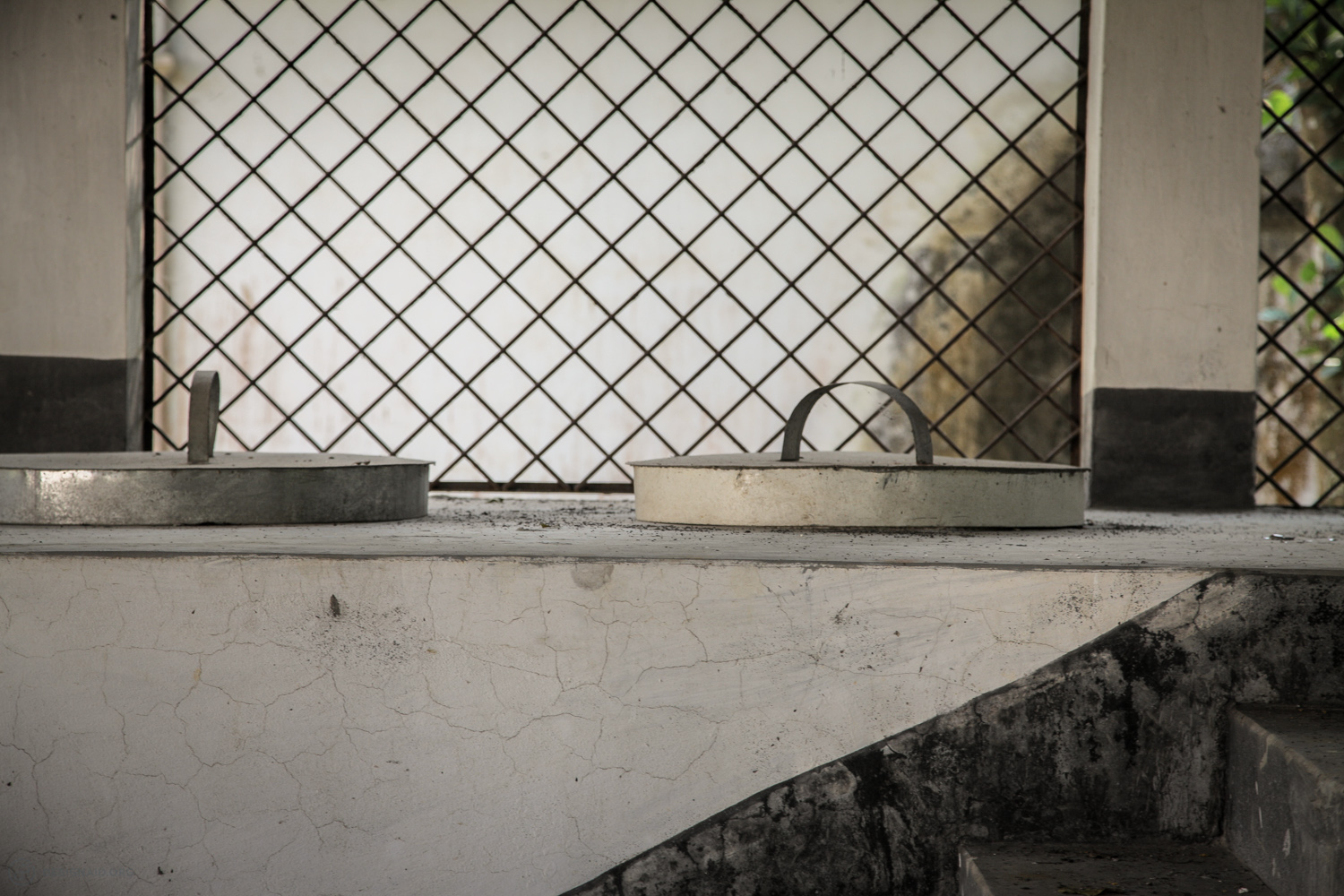

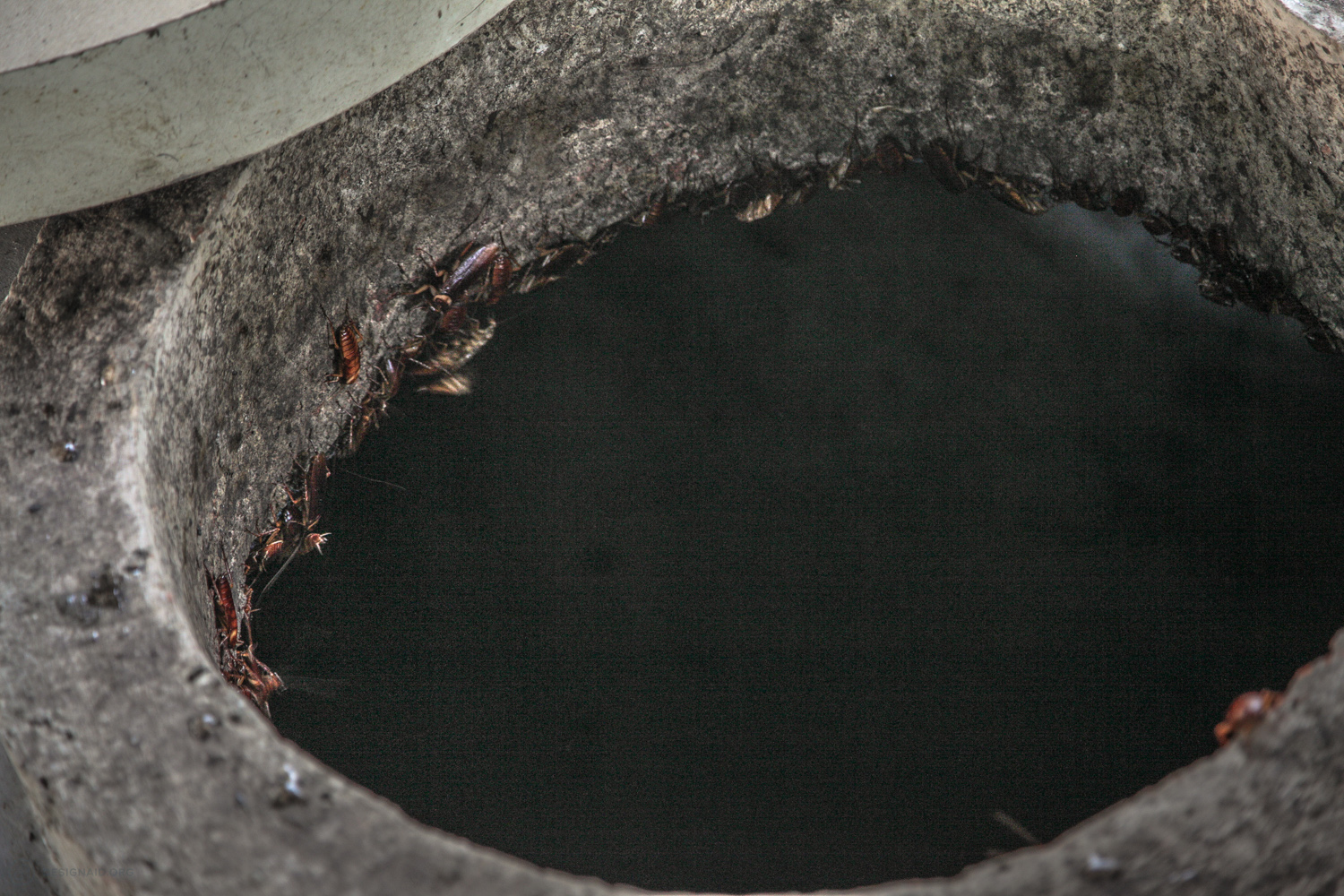
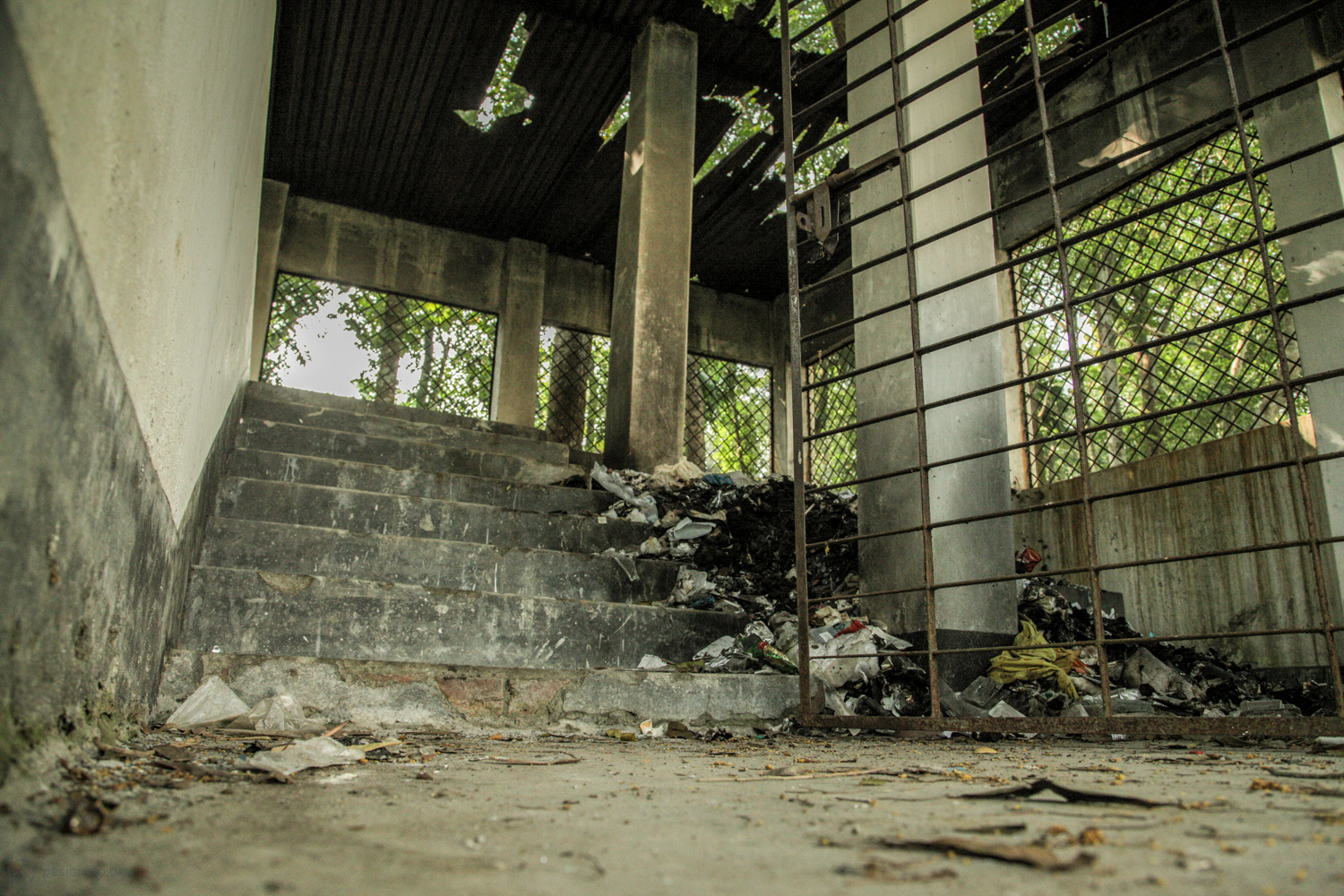
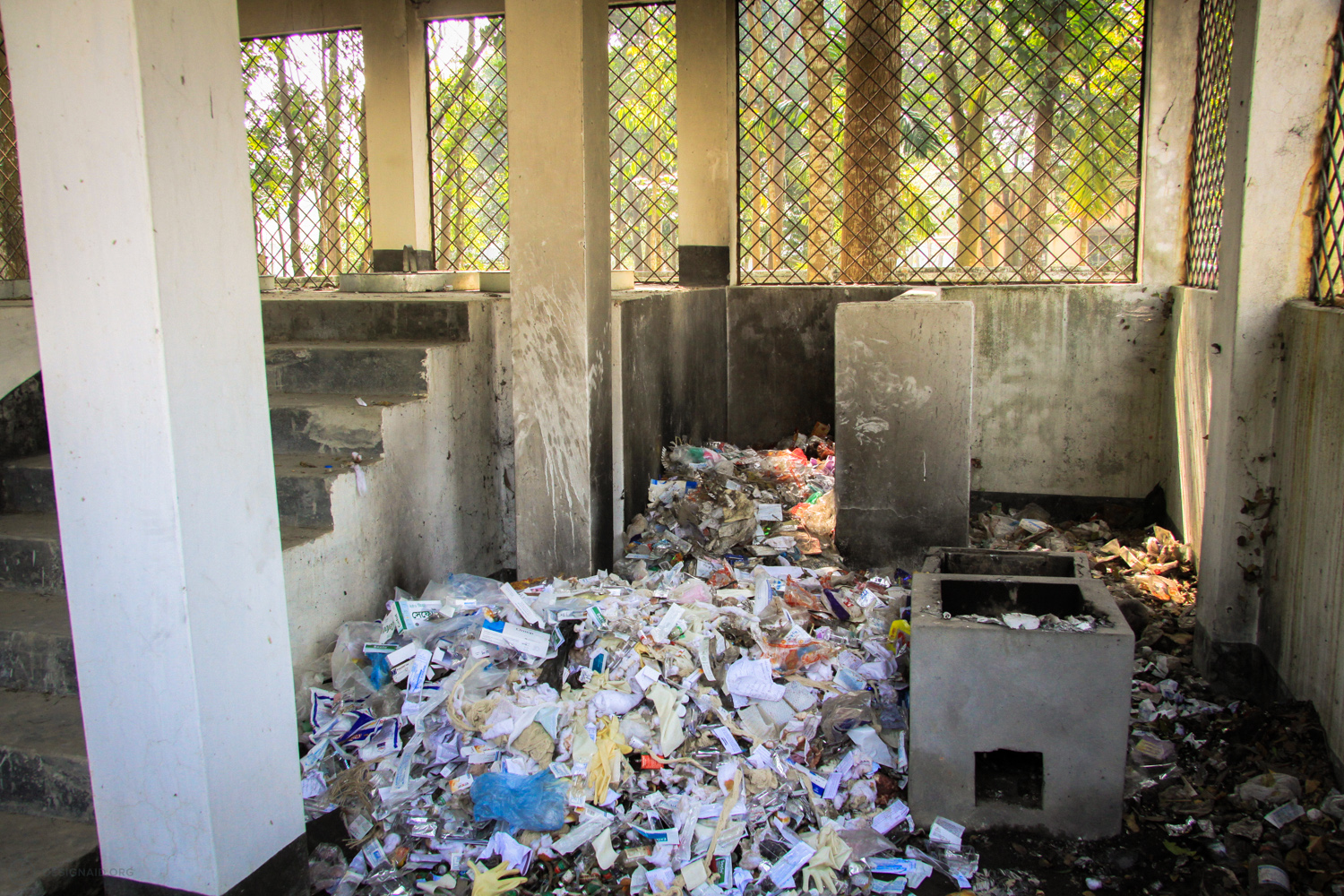
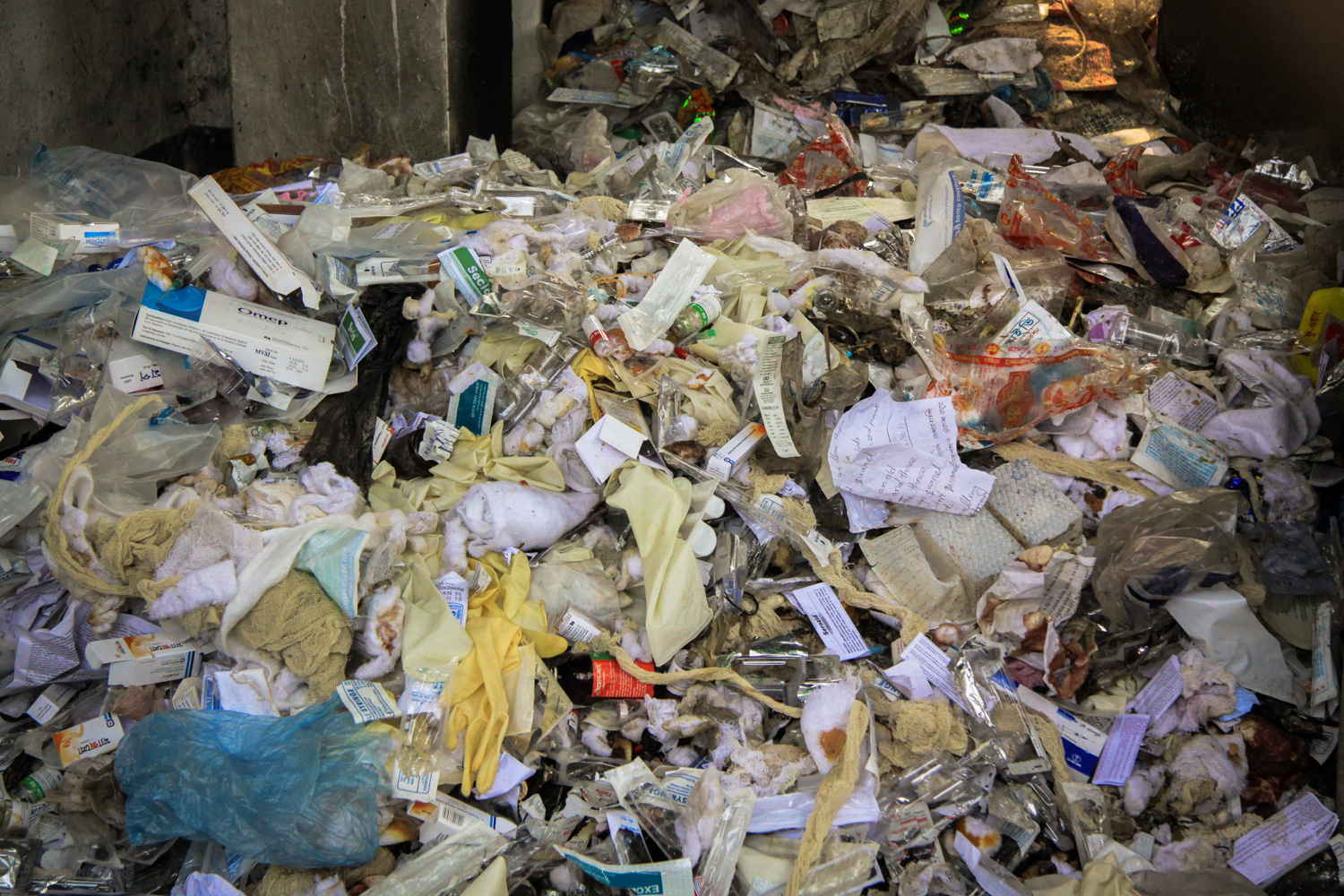
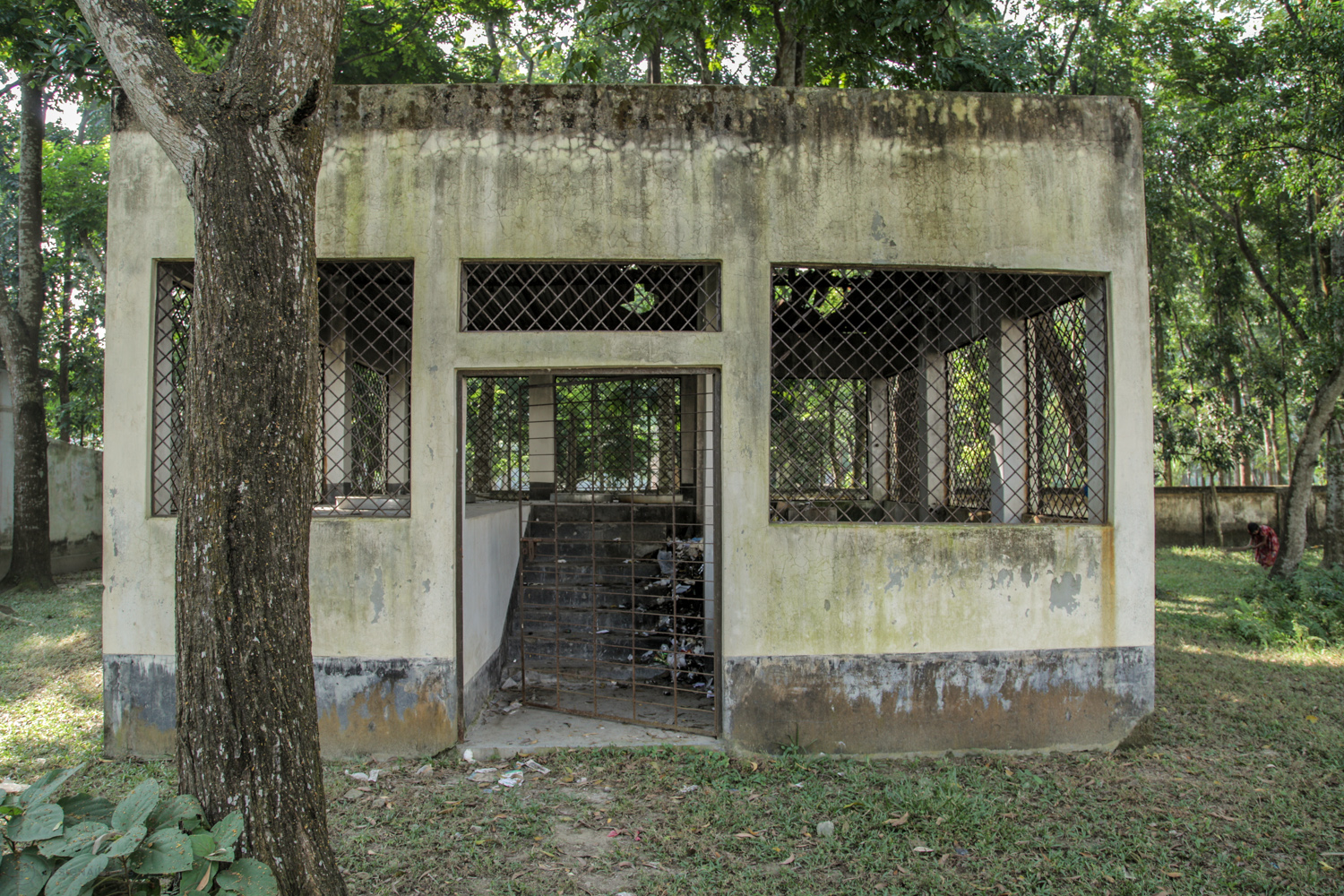
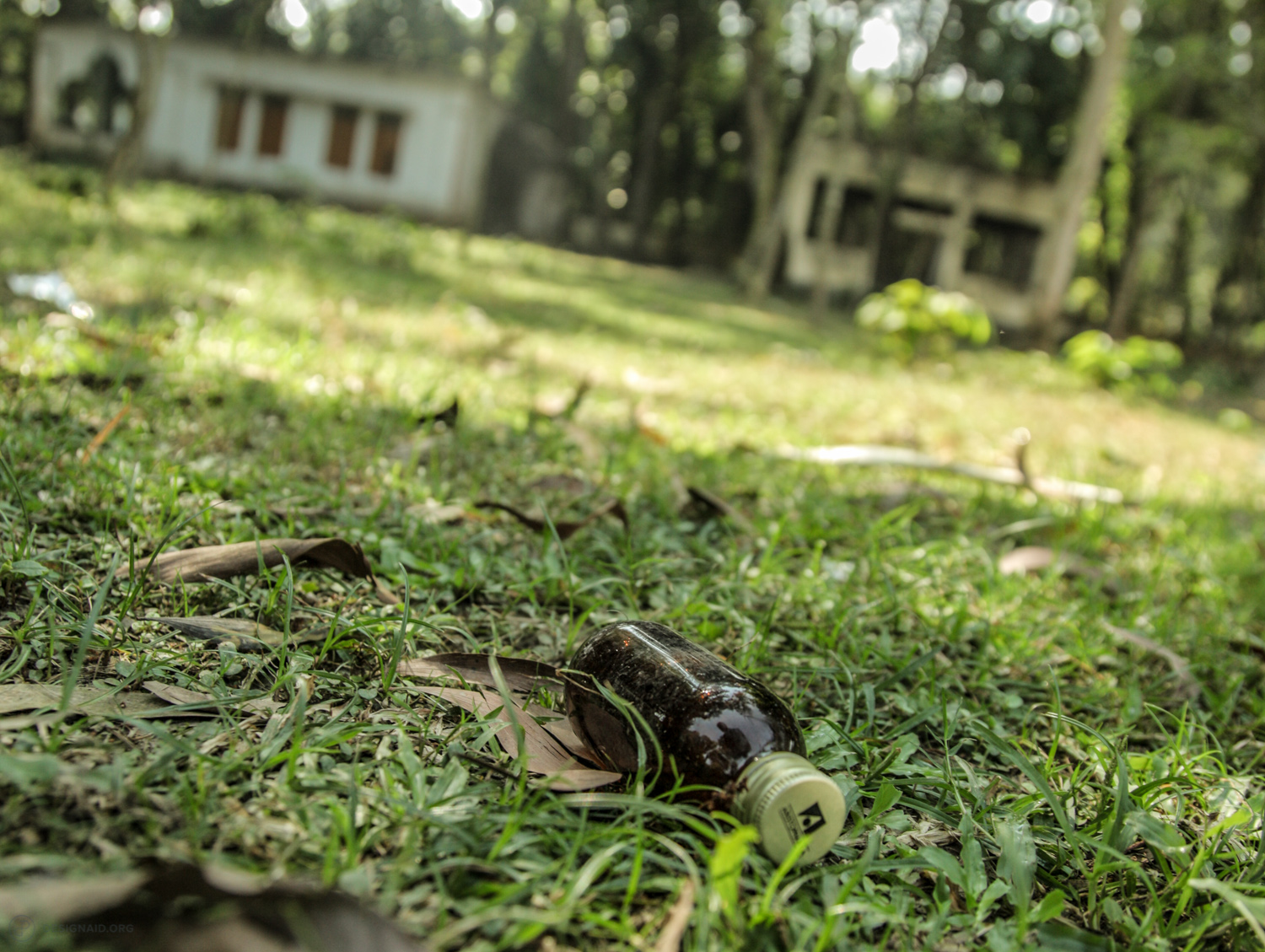


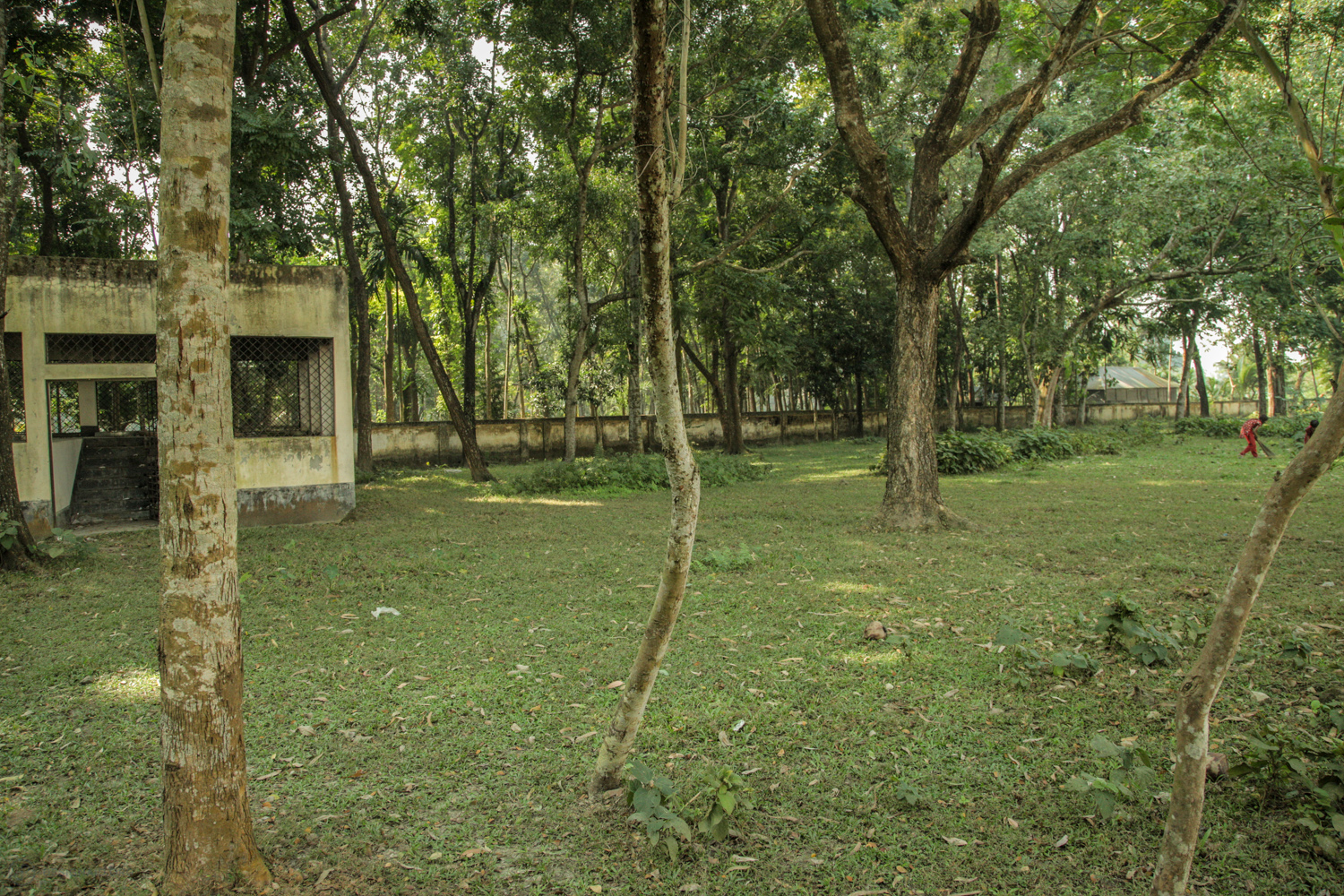

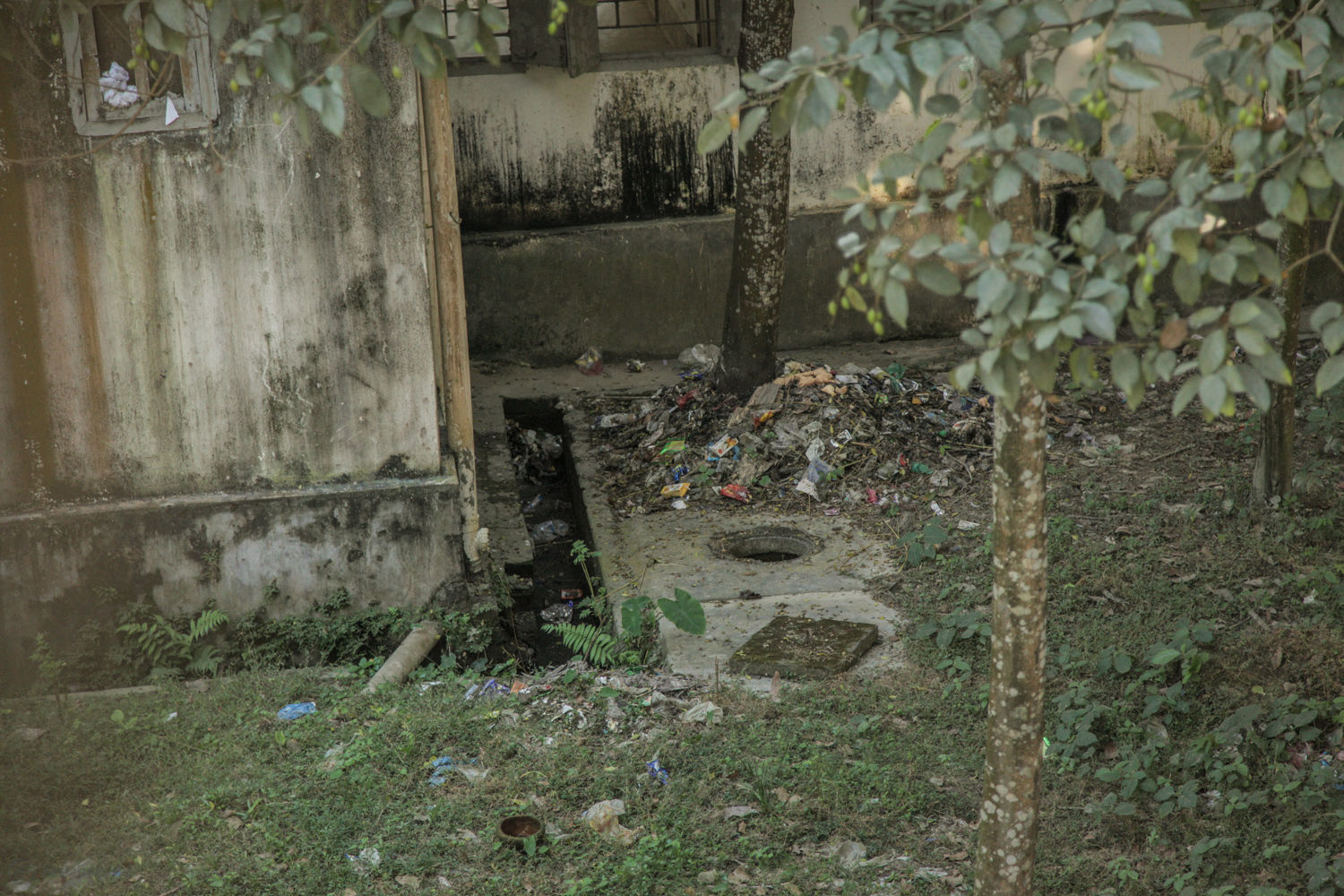
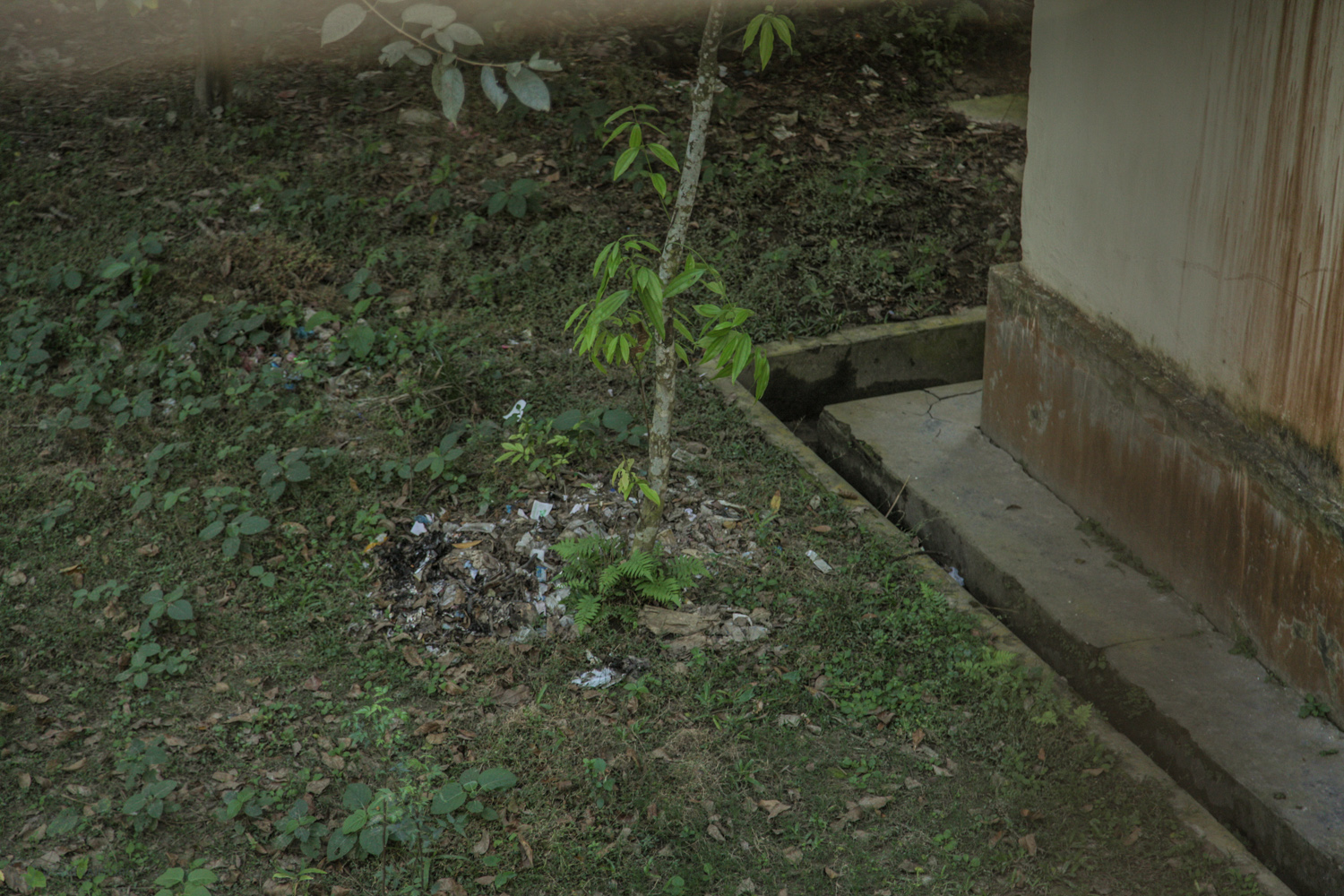
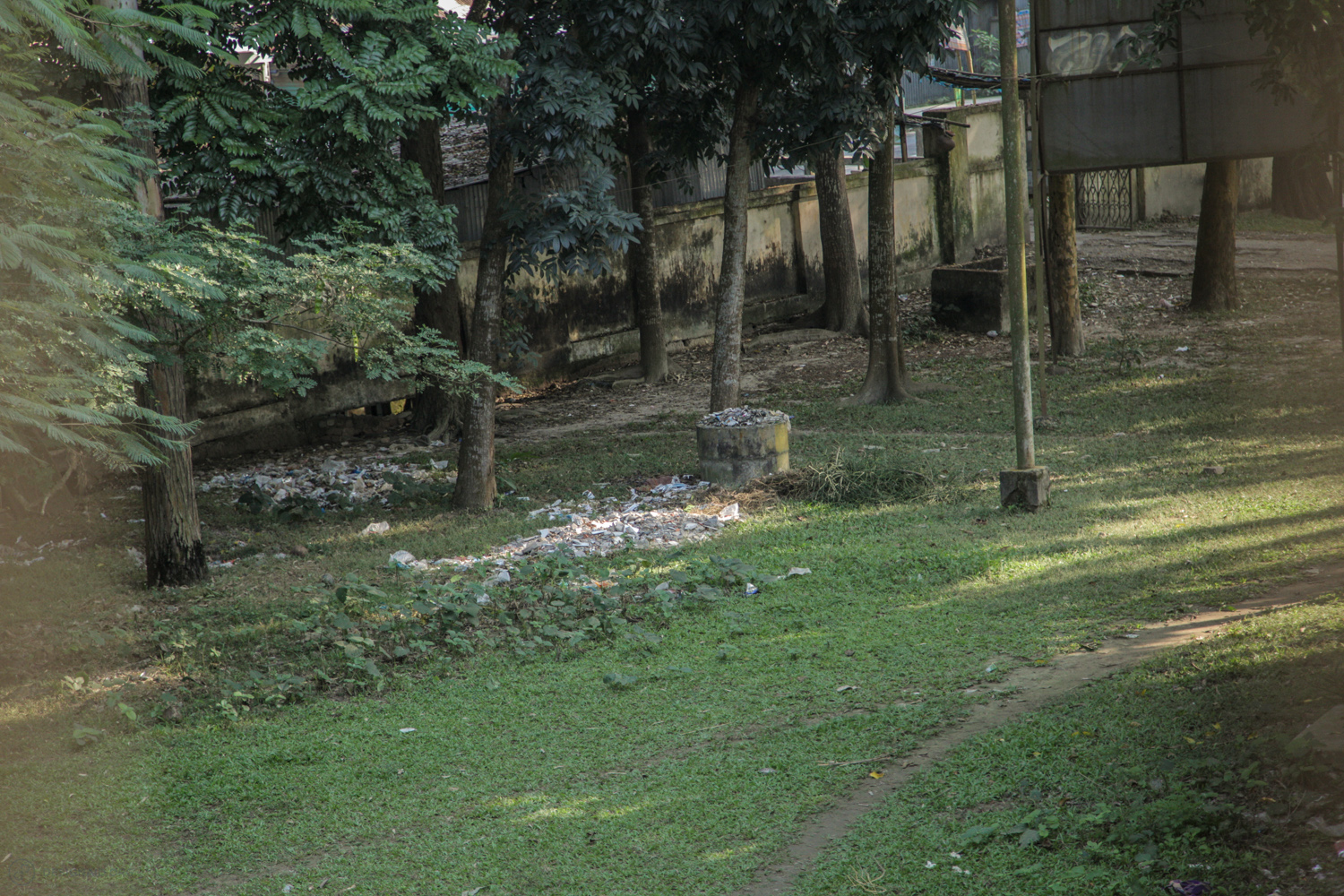
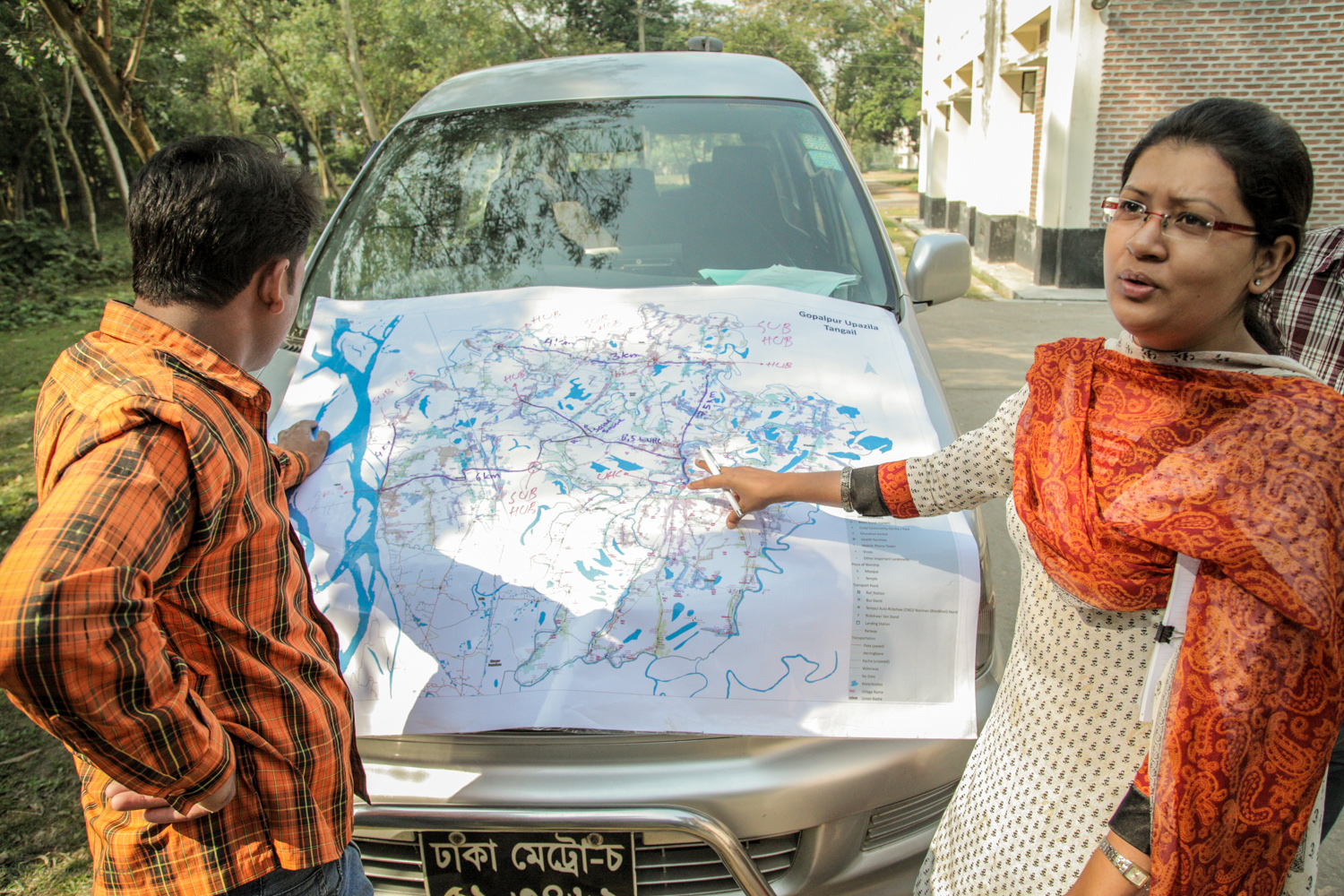
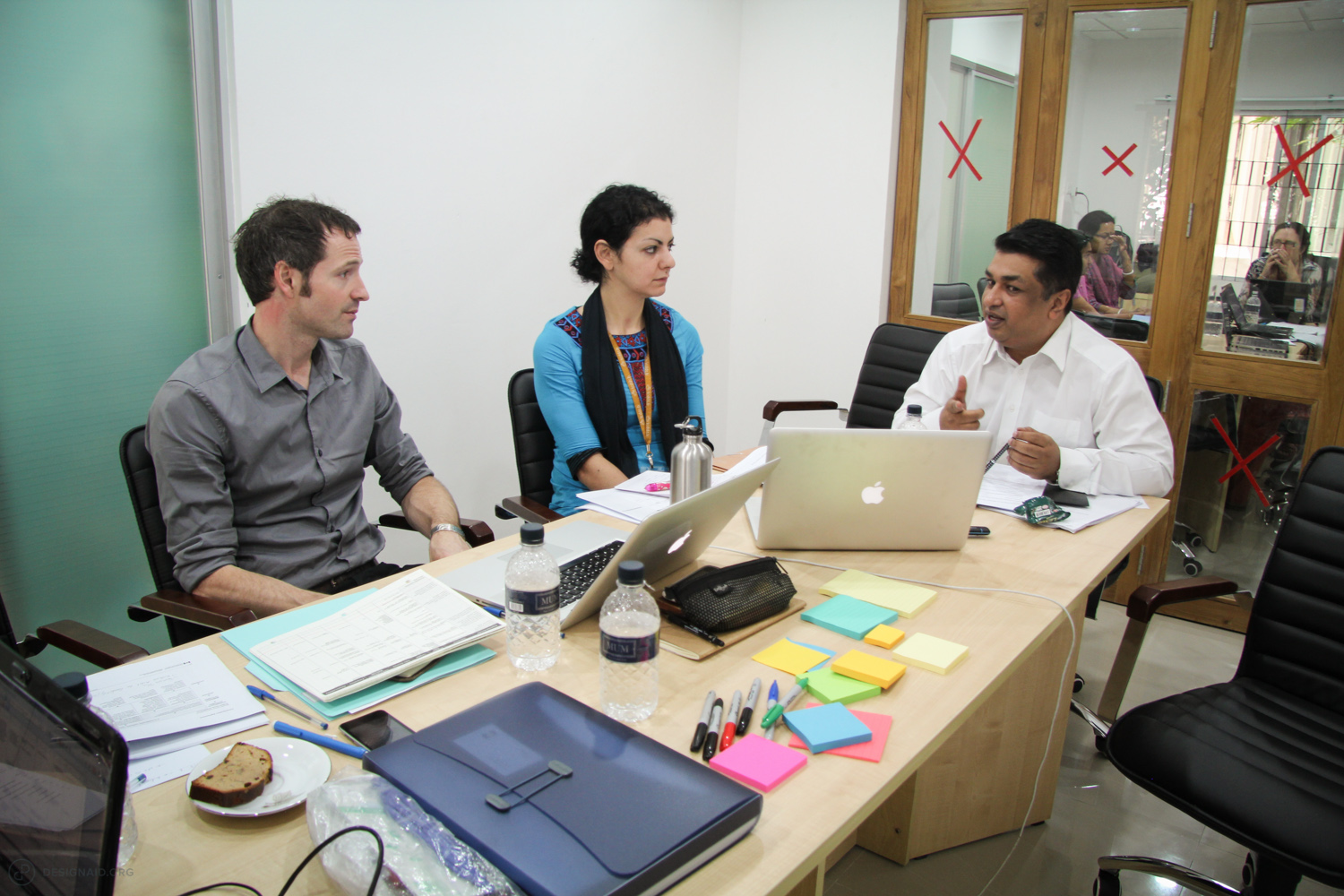

Project details
Working with ICDDR,B on Interrupting Pathways to Maternal, Neonatal and Early Childhood Sepsis Initiative (IPSI), we have observed a significant need for hospital waste management of biohazardous sanitation. A total lack of appropriate incineration facilities at rural hospitals leaves grounds polluted and disease ridden. High efficiency incinerators are expensive, while standard low-cost incinerators lack flexibility and efficiency to keep operational costs down. Many centers cannot afford long-term fuel expenditures, therefore sanitation is not prioritized. Our proposal is to shift this paradigm, promoting sanitation awareness by providing innovations in the micro-scalability of burning capacity, fuel efficiency and particle filtration. Utilizing a modular approach to structuring incinerators, centers can adapt the capacity of their burning chambers to meet waste demand, burning only the fuel required to precisely sanitize their waste, while keeping long-term costs down. In collaboration with ICDDR,B, the BC Children’s Hospital Centre for International Child Health, and Dhaka University (DUET), we will design, test and pilot a sanitation system in 18 months, directed towards scalability. Utilizing the network built through IPSI, we will partner with hospitals in Gopalpur and Bhuapur districts, and local entrepreneurs. Deliverables - 18 months: Scalable design development planning with Dhaka University, engineering, design prototype testing, report & business plan, implementation, publish. During a 6-month trial partner hospitals will receive 1 safe incinerator each to use; A standard low-cost model as a control at one facility against the prototype at the other, swapping units at 3 months. Performance vs cost-benefit reviewing will include: build costs, long term efficiency, fuel consumption/lb of waste sanitized, man-hour savings, air quality and usability. Findings will be published in a report, business plan with local entrepreneurs, and social media campaign.
Kamloops this week covered our Incinerator Initiative story.
Thank you Dale Bass from Kamloops this week for a nice article covering this project.
return to Projects page




